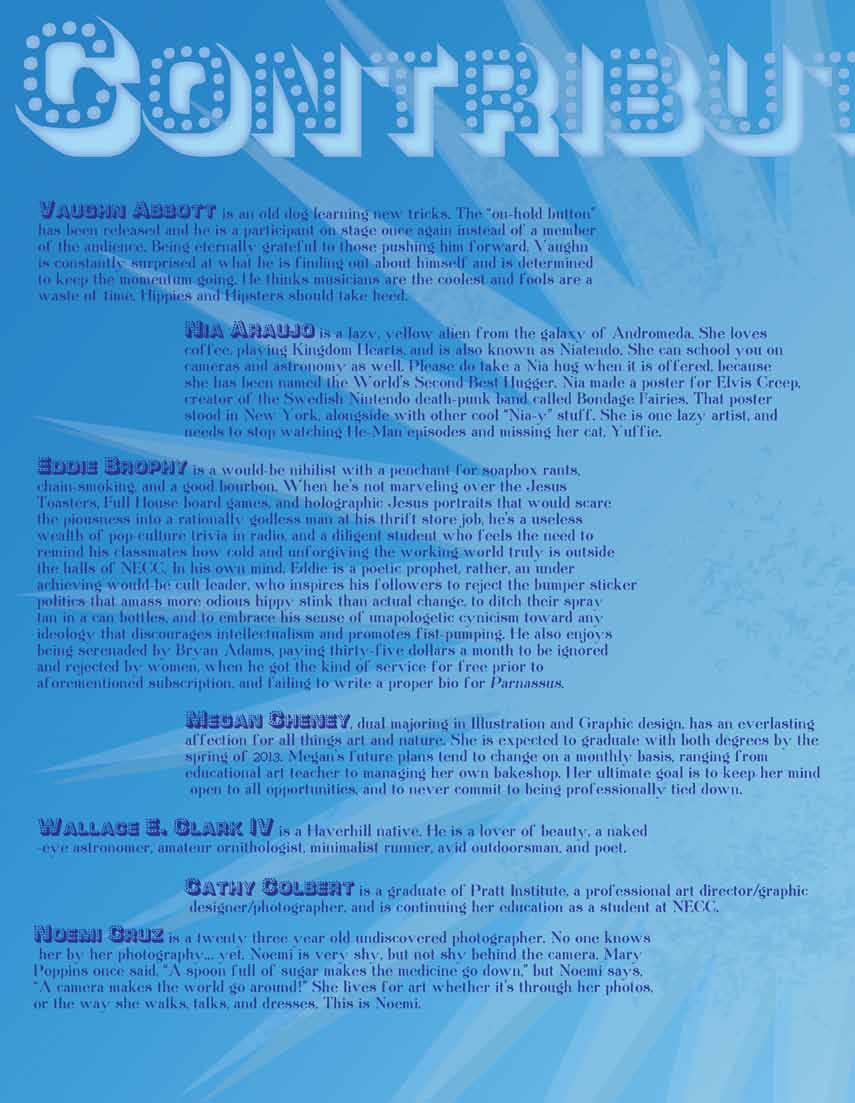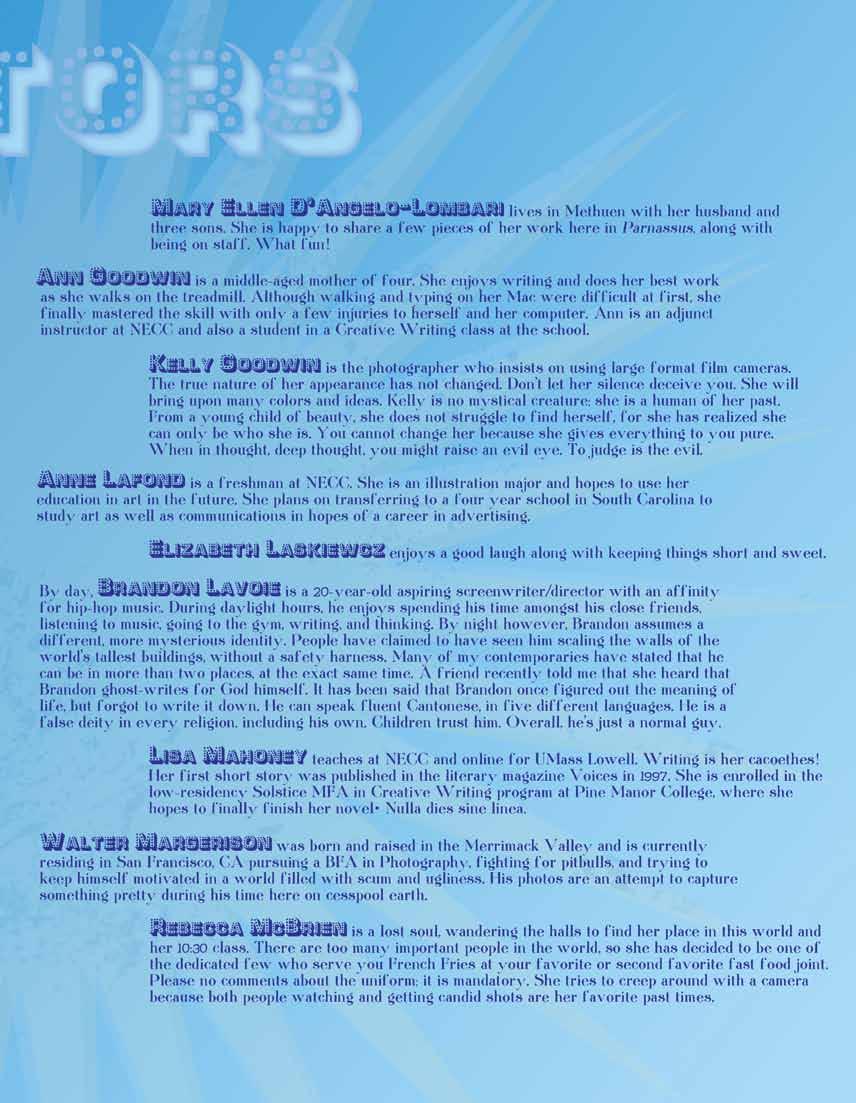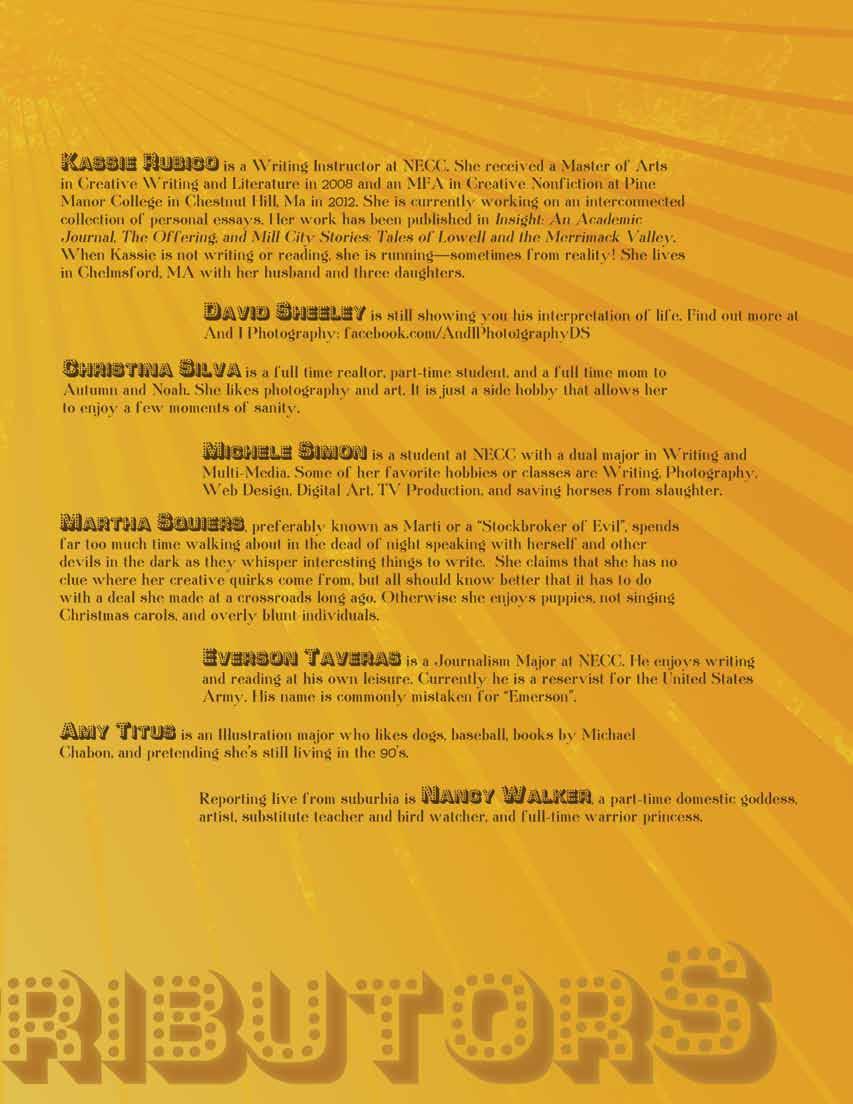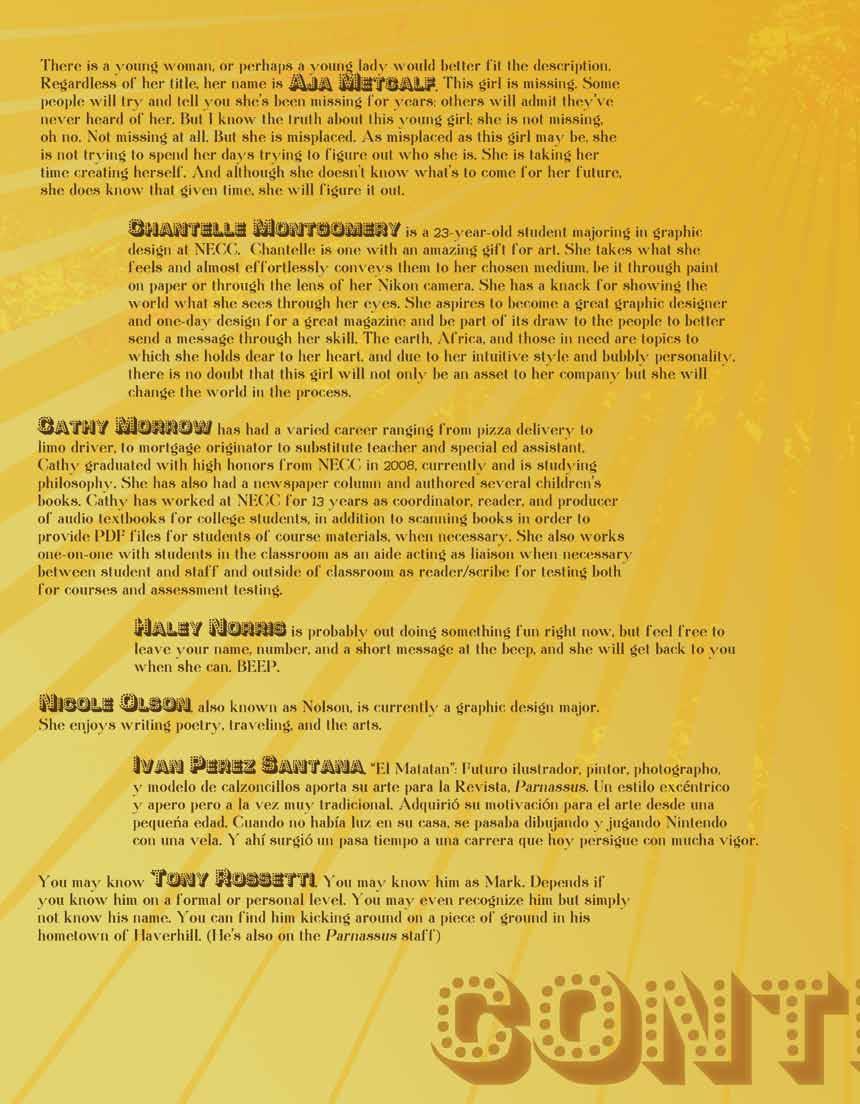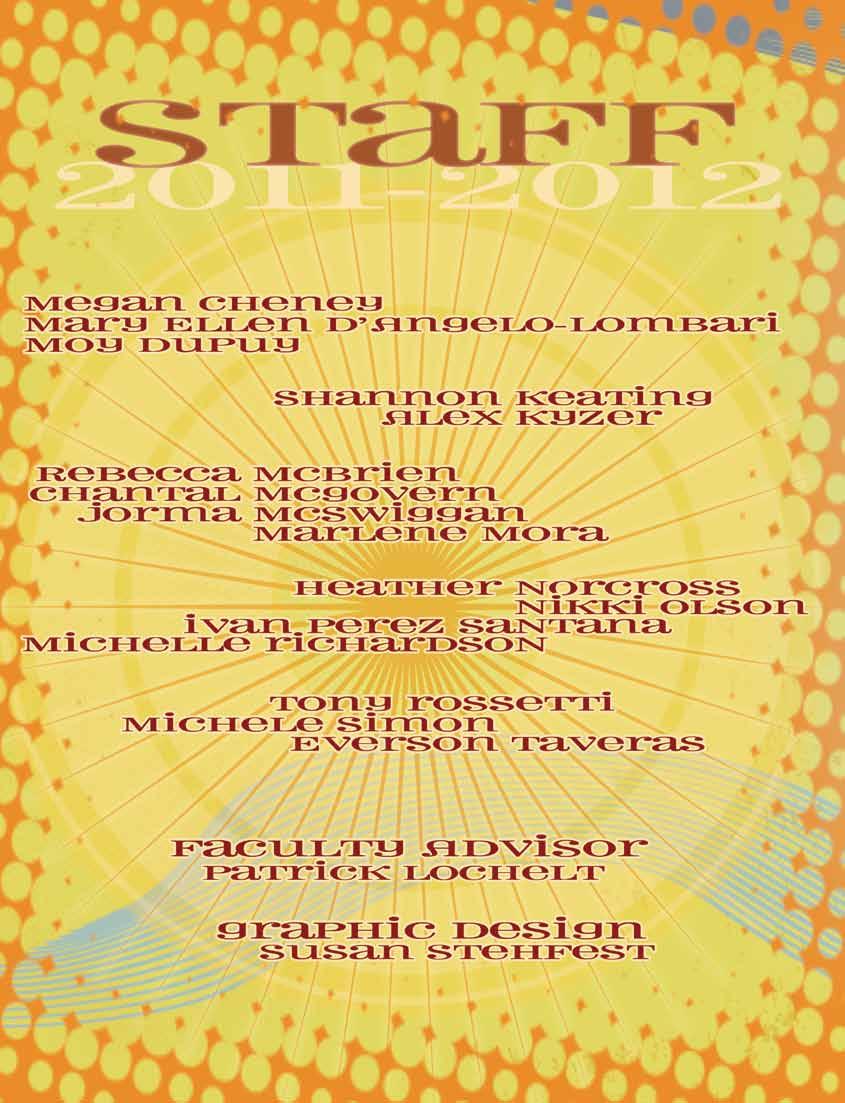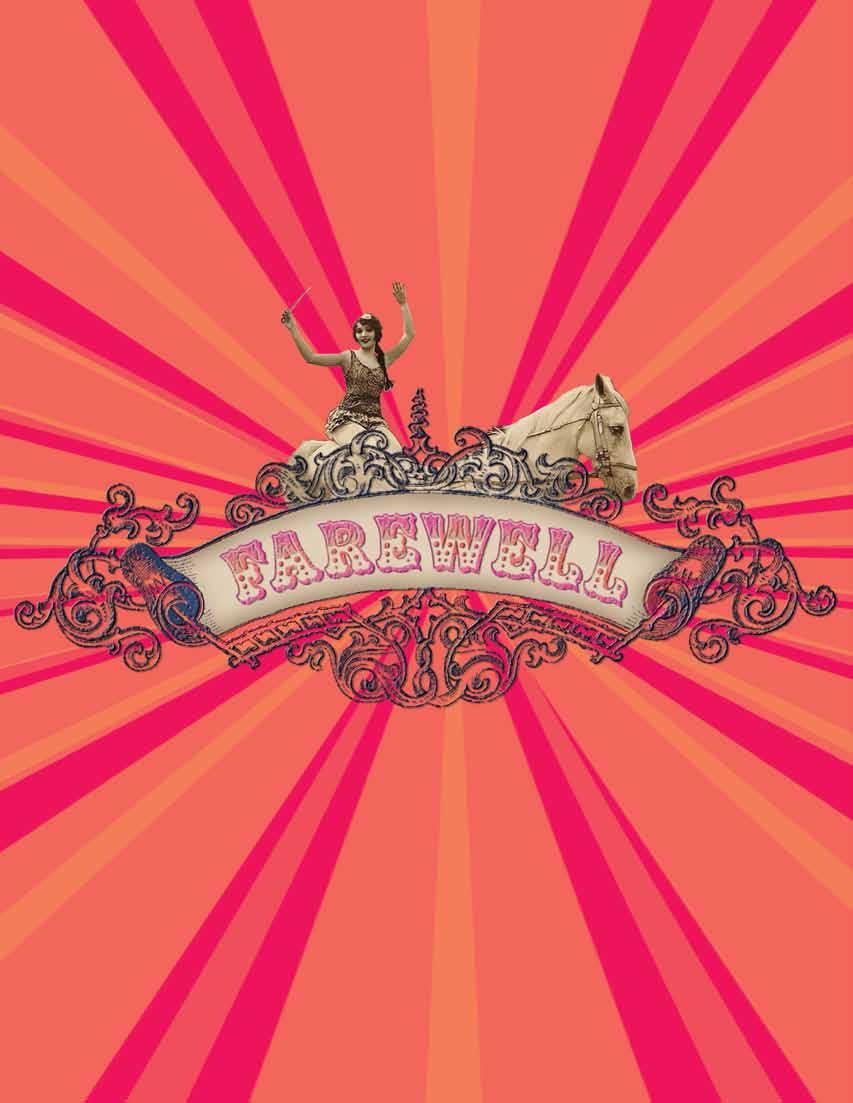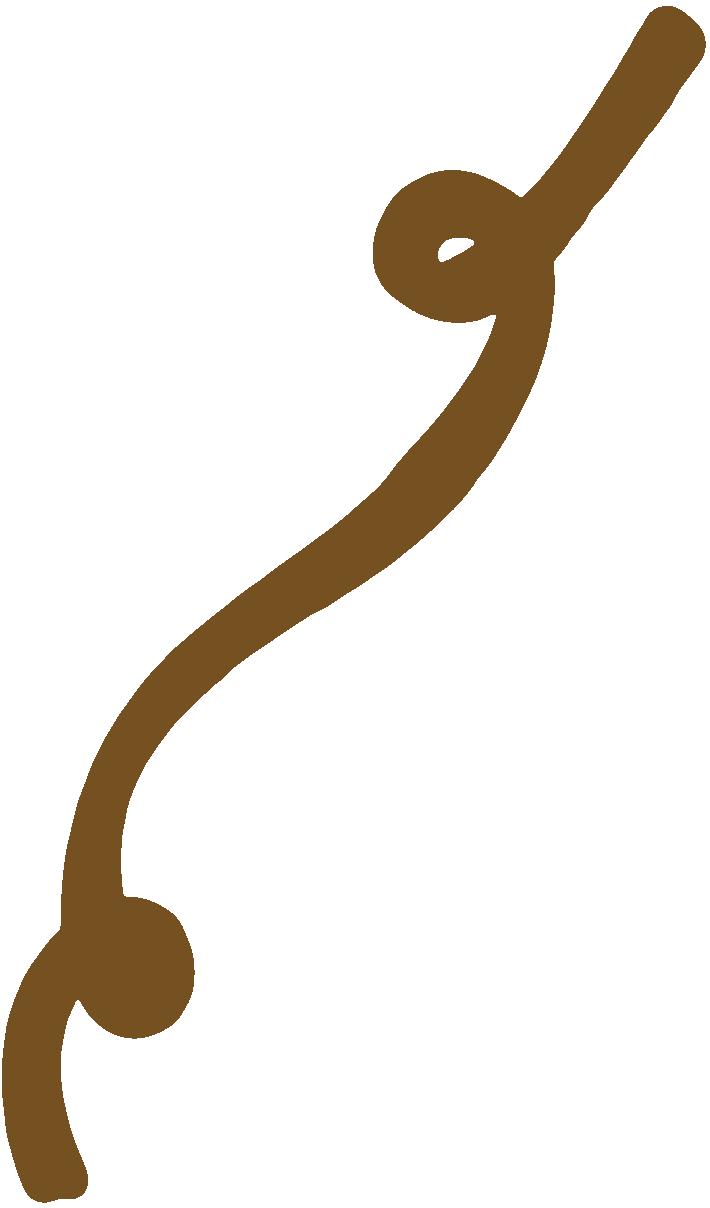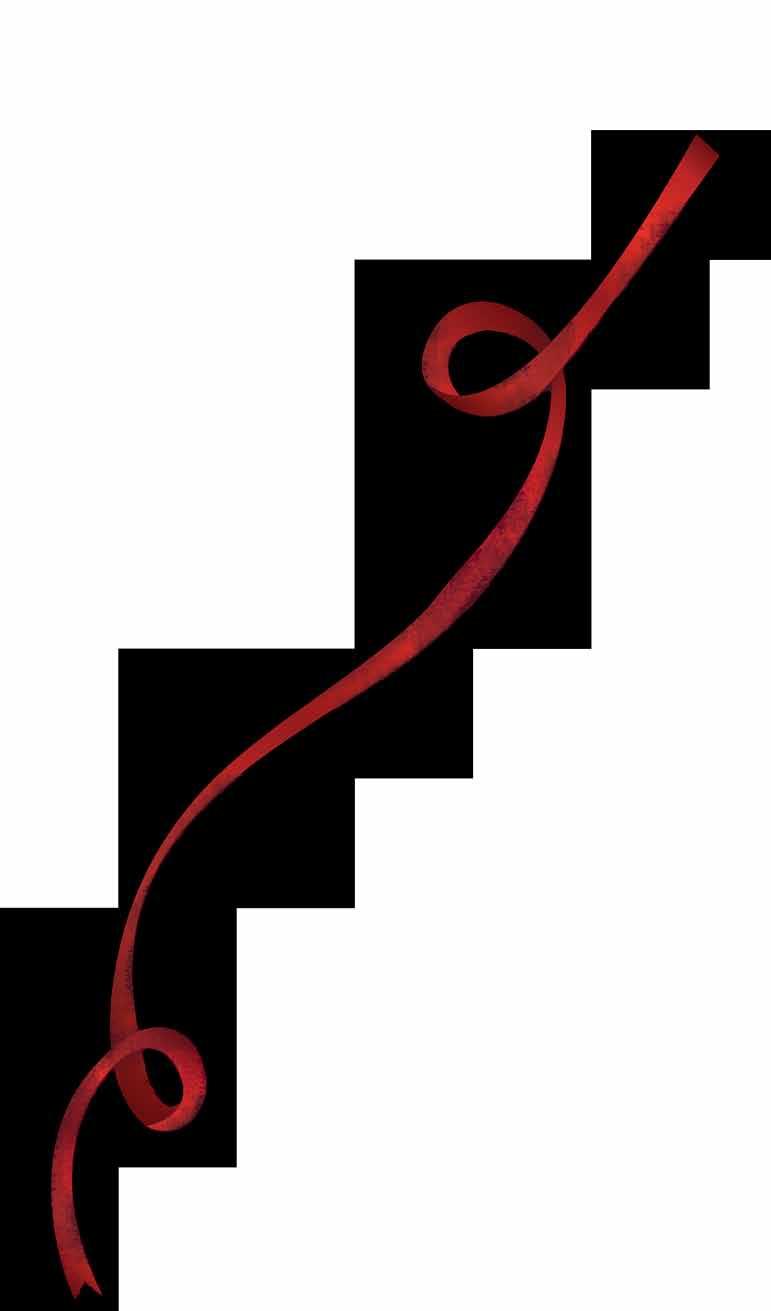



































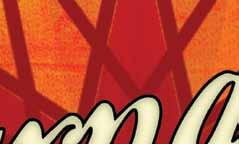




















































































It seems like we always start off this way, speaking in large, eye-shattering volumes about our previous year and the towering triumphs we’ve had, pulling out from our infinite trunks an entire horn section to blare out our accomplishments to the world. (It probably seems that way because we usually, in fact, do just that.)
We concede; this is a fair point. But this year, we simply can’t help but feel extra accomplished, and if our horns are a bit louder than usual, we hope you’ll excuse the enthusiasm. Indeed, last year was an amazing one for Parnassus arguably the best yet. We also cannot help but feel a bit on the downhill slope after so much great honor we received, but we promise it will not deter us from once again providing to you, our always faithful reader, the best that we can offer to you of Northern Essex Community College’s best and brightest, brashest and boldest, biggest and ... well, you know. The pages ahead of you promise all of the above and more.
It’s with further great enthusiasm that we present to you our guest author for this issue, Gregory Maguire, the author of several amazingly creative novels, including the massively popular Wicked series, which has been adapted into a very successful Broadway musical, which is still touring the globe today. Mr. Maguire very generously has given us a brand new, never before published short story, which we are sure you’ll adore. In addition, to help celebrate the 50th anniversary of NECC, we have asked the famed poet Tom Sexton to return to his roots, with a special section of his poetry. Mr. Sexton was one of the founding editors of the first edition of Parnassus, back in 196 5, and we’re very happy to welcome him back in our pages once again.
Let not even a sliver of delay keep you from the succulent stories, plump poems, and awe-inspring art ahead; we look forward to your reactions!








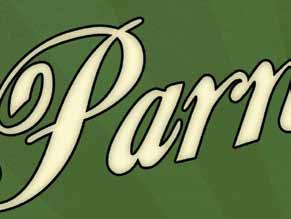





























BEST IN NATION, Two Year College, Associated Collegiate Press Pacemaker Awards
GOLD CROWN, Columbia Scholastic Press Association Crown Awards
FIRST PLACE, Community College Humanities Association Awards, Eastern Division:











GOLD MEDAL, National Council for Marketing & Public Relations Paragon Award
FIRST PLACE, American Scholastic Press Association Awards
SILVER CROWN, Columbia Scholastic Press Association
FIRST PLACE, Eastern Division, Community College Humanities Association
FIRST PLACE, American Scholastic Press Association
BEST PAGE DESIGN, American Scholastic Press Association
FINALIST, Associated Collegiate Press Pacemaker Awards
FIRST PLACE, Eastern Division, Community College Humanities Association
FIRST PLACE WITH MERIT, American Scholastic Press Association































































gregory Maguire is the author of books for children and adults, including Wicked, inspiration for the Broadway musical of the same name. His most recent books are Out of Oz and Tales Told in Oz.
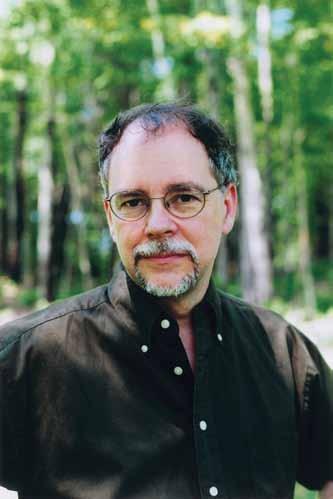
We are more than pleased to present a brand new story by Mr. Maguire, never before published anywhere else.

 Copyright © 2012 Gregory Maguire
Published
Copyright © 2012 Gregory Maguire
Published
by permission of
 John Hawkins & Associates, Inc.
John Hawkins & Associates, Inc.
n that country, when a woman lost her husband at sea, she cut her hair right down to rough nub. She didn’t allow herself a shawl, nor covering of any sort: if she was caught outside in her first months as a widow, the rain ran down into her eyes. Not even the ancient bald men in the quay-side cafes went without a woolen cap in the spring rains, but widows did. Only when her hair had grown so it might brush her shoulders again could she swath it in a veil and meet another man’s eyes and learn if she had also regenerated a capacity for romance.
If a woman in that country lost her hair due to disease or to its cure, she was deemed effectively widowed, and her husband was allowed to remarry as if it were she who had been carried off to sea. What happened to their children was less governed by convention and often messy; still, it must be said despite a fear of sentimentality that many a husband chose to see his wife through her de facto widowhood. They slept in separate rooms and didn’t speak until the wife’s hair grew the requisite length. It sounds improbable, but after all, surviving your wife’s widowhood to welcome her back into your bed, in the normal course of events, is a privilege not given to most men.
It is a country of several deep but tightly clenched harbors, so the fleets can never grow beyond a few dozen vessels. Because the land is not hospitable for farming, except on the western edge where the rain falls more generously, the villagers live on the daily catch, and so boats for fishing are held to be more valuable than boats reserved for a navy. Luckily the land is far from other islands and threat from foreigners is infrequent. In fact, threat from drought is more persistent than from invasion. The lemons grow small and gnarled one year, the basil is chewed by pests the next. If the air smells of heavenly oregano in the early summer, one can bet that by late summer the tomatoes have failed and the odor of oregano will waft to taunt the betrayed stomach. Next season the goats will all go dry in a wordless pact of obeisance to sisterly reserve. Harvests fail with an almost giddy regularity.
In that country the patriarchs declare that ghosts of men who die at sea cannot return to their home. Being without mass, ghosts of drowned sailors can master currents no more effectively than any other weathered flotsam. This understanding perhaps preserves the survivors of any shipwreck or sailing disaster the bother of worrying when the haunting will start.
Once a man from the leeward coast was out fishing with his brothers and a fit caught him by the throat. He fell overboard and was never seen again, though the boat dropped anchor and the brothers all dove to search for his body. When they went to tell his widow what had happened, they learned that she had died at roughly the same hour as her husband, her foot slipping on a slant of mossy rock, her body dashed into seagull pickings upon the bouldery tumble below. The priest could not determine who had died first and therefore whether the infants should rightly go to the homes of the sailor’s brothers or the wife’s sisters. So the infants were set out in an old boat and told to drift away. In that country, if a man happened to live to a greater age than had his father (or a woman her mother) he was expected to bleed himself into a bucket and use the blood for dying a scarf to wear around his neck for the rest of his life. This brick-brown scarf was a sign of the life he had inherited from his parents and invested more wisely than they, though the transaction was never clearly explained by medical nurse or minister. The bandanna was a badge of shame and honor both.
The only time the descendant could take it off was if he happened to live to be twice as old as his father had been (or she her mother). In this case the old man boiled the scarf he had been wearing for precisely half his life and drained the soup into the parental grave. If his father had died at sea or her mother from tumbling off a cliff, the aged child threw the water in the sea or off the cliff, respectively. A very belated afterbirth, perhaps.
The cliffs were magnificent, the highest marine cliffs anyone knew about. Also the lowest. No one traveled to other places. Still, a sense of pride suffused the natives. On certain days almost everyone packed up bread and fruit and dried root vegetables and gathered for singing and the propitiation of local deities, just in case the deities were paying attention. They didn’t seem often to pay heed, but you never knew. These days were chosen for sun and slow wind, which was safest; still, winds could come across the sea like sudden bulls at a contest, and more than one child lost its footing and then its life. A pair of twins wearing ceremonial skirts actually blew away and never came down; the wretched relatives watched the twins, arms entwined about each other, billowing away, until the babes bobbed out of sight. After that children were allowed to picnic without garb or garment, up to a certain age.
While everyone did a few jobs for themselves, and there was collaboration at times of hurricane or holiday, in general one could say there were nine distinct occupations for adults in that country. They were:
Sailors.
Traders.
Herders.
Priests.
Wives. (Women who did not marry could become one of the following three occupations.) Medical nurses.
Teachers.
Farmers.
That is eight occupations. The ninth was: Harbormasters.
There was only ever one harbormaster at a time, but as harbormaster also served more or less as a one-man warrior class and diplomatic corps, he got his own category. If need be he could second a rowboat to serve as his navy.
Children were not a category. Children were an insult, an invading clan sent from the future to grow up among today’s natives and overwhelm them in time. Children were degraded, neglected, abused, and barely tolerated. But this is not as harsh as it might sound, as in time children grew up to degrade, neglect, abuse, and scarcely tolerate their toothless elders, those who had survived the trade winds of both sea and cliff.
In that country, when a girl began her first menses, she was required to spend a night in the home of a spinster. It was that good woman’s job to warn the bleeding child of the danger of sexual abstinence. Not all spinsters were virgins, of course; indeed, it is possible
that there is no such thing as a virgin spinster. But the spinster held a privileged position in that society. She shared with her sisters half of the annual tithing; the priests got the other half for themselves. She husbanded her independence, privacy, and security by insuring that as few young girls as possible chose the same path, thus threatening her share of the pelican pie. Inevitably, of course, some girls did, which paupered the sisterhood of spinsters to some degree. Still, most girls followed the advice of the good women, indulging in sexual relations as often as opportunity presented itself, and dealing with inconvenient pregnancies in the usual way.
Boys followed a slightly more harrowing initiation into adulthood. When a boy could prove to his father’s satisfaction that he could milk himself at will, he was sent out into the olive groves that thrived in a declivity in the center of a ring of hills, far from ocean breezes, where the only truly wild animals of that district, other randy boys, gathered to welcome him to their number. Of that experience grown men rarely talked, even when sloped against the warm wall of the alehouse attached to the apse of the chapel. Women never asked. If some man deep in his cups grew sentimental or resentful and began to spout nonsense, he was taken for a walk and given a good beating by his mates, lest he frighten the boys, lingering by the inglenook, out of their intentions to be made men one day.
The oldest citizen in that country, man or female, was accorded the privilege of naming the newborn children. It always complicated matters if the elder had suffered a stroke and lost the trick of language, as that resulted in a generation without names, or, at best, names that sounded like grunts without consonants, vowels unmoored. The marriage vows in these generations tended to be weaker than usual, as it was evidently hard to commit to a spouse if one had no real name to call out in the throes of sexual tension or release.
Birds flew over the country and many did not land, but flew on.
Ships sometimes posted themselves as a marker on this horizon or the other, a shifting needle against the light, sliding ineffably to the left or the right toward its private history, but few vessels bothered to come near. Perhaps a certain stink that natives could not detect among themselves communicated itself across the seas. Or maybe business elsewhere was always more engaging than life in a small embittered country could ever hope to match. Old wives said that the ghosts of drowned sailors who could not return to their homeland were able to sing wordless warnings into the dreams of sea captains, and maybe those ghosts protected their home from invasion, from correction. Dubious whether ship captains ever listened to the ghosts of sailors, but it can be said without contradiction that no one heeded old wives.
In that country everyone is mutilated. Everyone is savaged. People survive their tribulations, or they don’t, but they lumber through their trials together. I do not know where that country is, but I should like to go there.





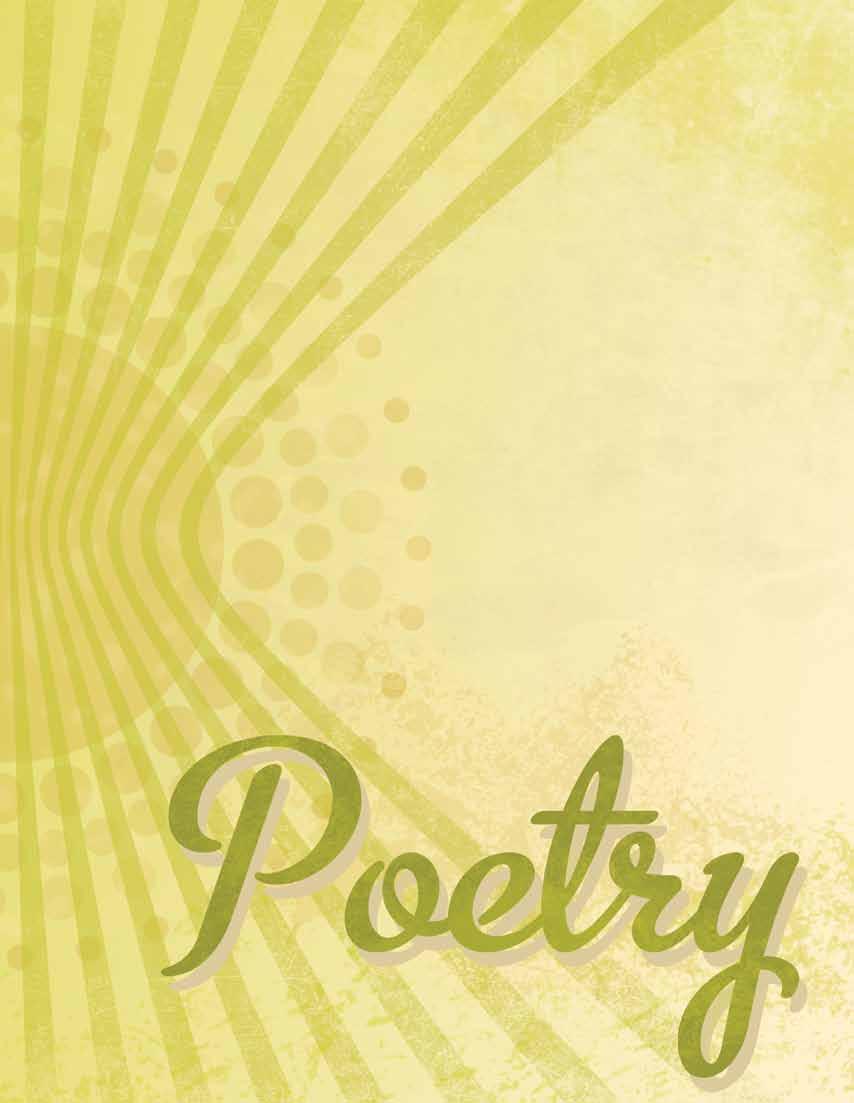
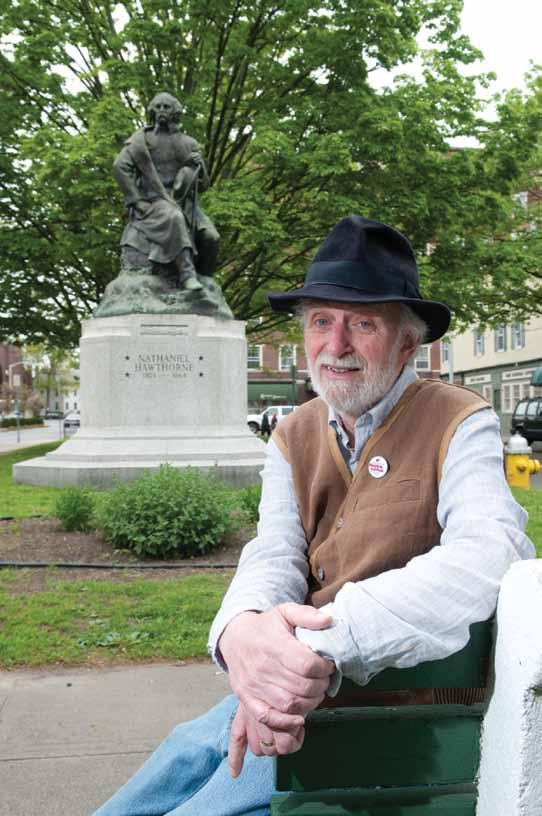
Turning off the road in a rented car, I soon come to the place where my father came to wash and wax our old Cadillac, wondering once again why I come back.
The Cadillac was as black as Pollard’s hearse and as tall as my father was tall.
tom Sexton served as Alaska’s poet laureate from 1994 until 2000 and was a founding editor of the Alaska Quarterly Review . He is the author of thirteen collections of poetry including For The Sake of the Light: New and Selected Poems , University of Alaska Press, 2009. His latest collection is Bridge Street at Dusk Loom Press, 2012. He was born in Lowell and attended NECC from 196 4 to 1966 . Mr. Sexton is a founding editor of Parnassus, helping to create the original edition in 196 5, and we’re pleased to feature his work once again in honor of the 50th anniversary of NECC.
When we were finished, we sat side by side on a rusting running board in silence while he drank a beer cooled in the river. One quick sip always made me shiver.
If, as Longley wrote, home is a hollow between the waves, this was his only home. For all our longing and for all our art, what do we ever know of the human heart?



the rock, light flaring on a window at dusk, the sudden luminescence of an opened shell, the cloak the ocean’s waves wear on a clear night. I imagine Dante’s neighbors must have sensed a nimbus around the poet’s head. We have star marrow in our bones, star marrow.


It seemed to take all morning to walk around the massive trunk of that ancient beech. Almost nine, I kept one eye on the ground as I climbed to the highest branch I could reach. A vet who’d fought on Iwo Jima had carved the Red Sox line-up where the branches thinned far above the last lovers’ initials in their heart up where I’d heard the air was cool on your skin. Reaching the line-up was my goal that summer, and on the Fourth of July I was almost there when I was forced back down by thunder and lightning so close it seemed to singe my hair. Safe at home behind my bedroom door, I chanted Williams, Pesky, and Bobby Doerr.


Ever since your surprised heart gave out far too soon on that dark January afternoon, I’ve been trying to get you down on paper: your deep love of all that was well made, how you could hold a rusty piece of metal to the light and touch the hand that forged it. You, a nurse beyond the uniform you wore, knew the moon could pull us from our orbit or cause the glacial earth to shudder underfoot.
A little homesick and a continent removed, our dropped r’s still clinging to us like burrs, we shared only the Concord River when we met. You knew its meadows, and I knew its final fall. Carl, the forsythia you grew from a cutting to replace our stunted one will flower this year. Standing by it, I see you drifting on our river, water dripping slowly from your resting oars, as the current takes you to a golden shore.

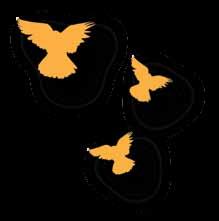
Ann Goodwin
A pool of water Reflects a flower
Narcissus bends To see his reflection
Echo calls
Her words repeat
Two would be lovers Cursed and alone
Only nature Witnesses their sorrow
Cathy Morrow
If I were a book, what kind would I be?






A book on self-hypnosis or advanced psychology?















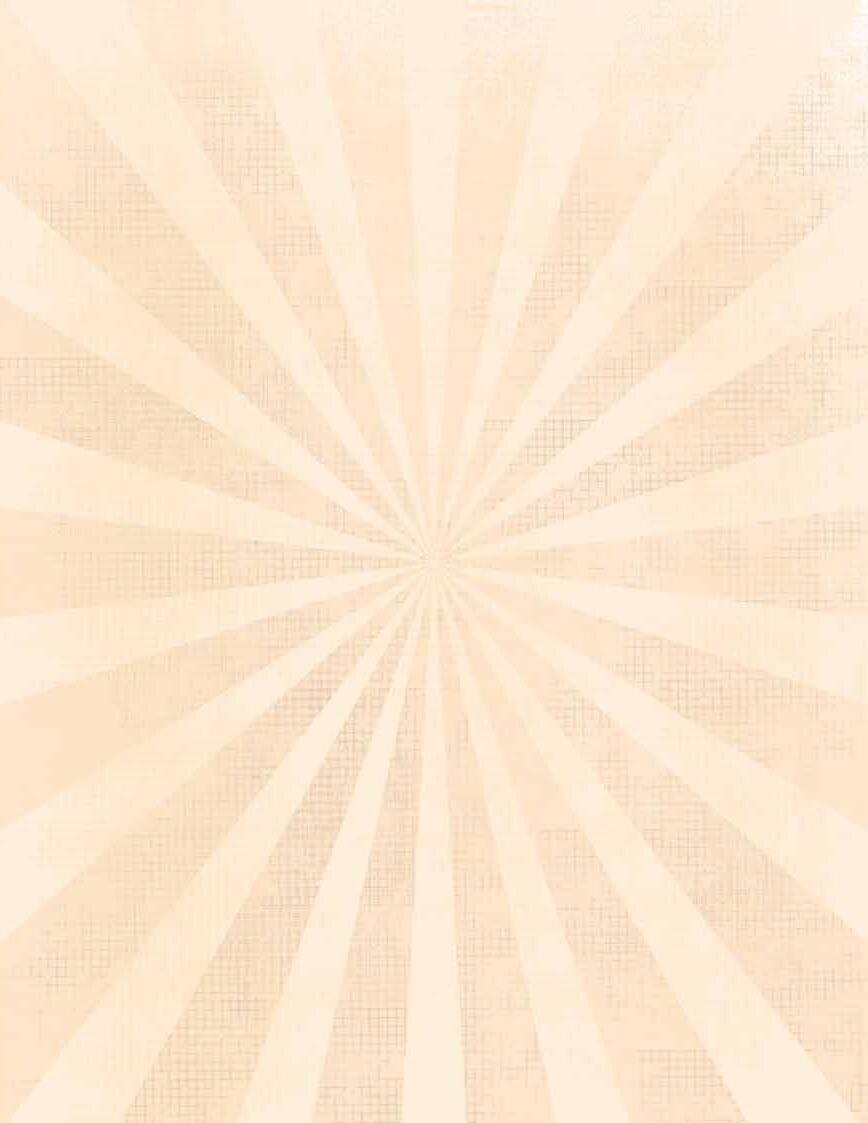

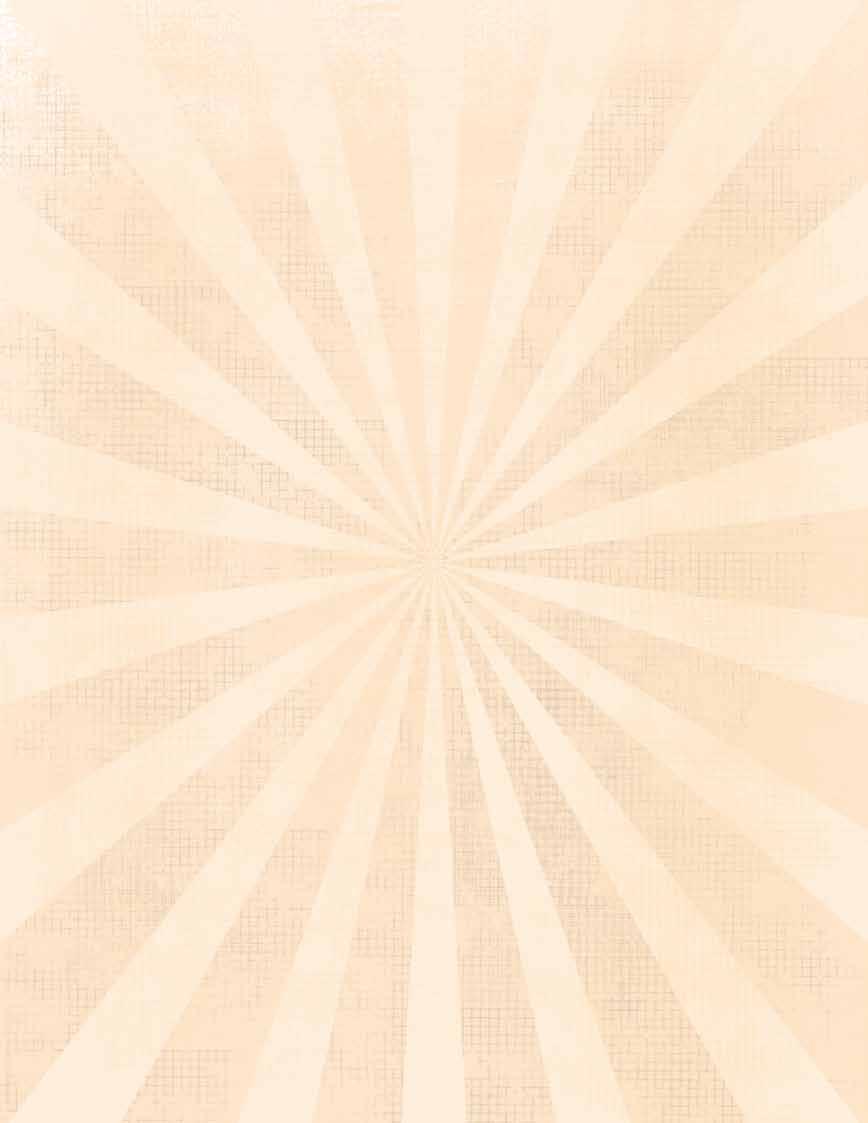

Perhaps a book of fairy tales with happily ever after?
I know, a book of poetry, but not the mushy kind, One that makes you think a bit, but gives you peace of mind.
On the outside I am slightly worn from modest wear and tear,







On the inside, I am almost new, my pages hardly worn,



As if I’m used, but not too much, with far too little care.




I am the power of zero and the heart of a thousand.
I wonder if these tears can cut through my skin.
I hear my pulse, for my heart won’t stop pounding.
I see the shadowed grin of a boy through rows of never ending windows.





I want only to graze my soul against his.
I am the power of zero and the heart of a thousand.
I pretend to coast through life like a breeze.
I feel comfortable stifled.




I touch the weary footsteps of yester in hopes for remembrance.
I worry that I’ll let it all get to me.
I cry, I cry for her.
I am the power of zero and the heart of a thousand.
I understand that I won’t always be accepted.
I say too many times that I’m sorry.


I dream to scream silently.
I try to try, but I’m tired of trying.
I hope for each day to come together as one.
I am the power of zero and the heart of a thousand.

 Everson Taveras
Everson Taveras

Look at you



With all your imperfection, Complexity and fears
That shrink your hopes and dreams
To stars crushed into broken glass
Taunting you at night, Demons dancing
To the sound of your fear;
Music to their ears
Nightmares slicing through your subconscious
Like heavy blades against a pound of flesh
Pry open your head
Look into your soul
And dig deep
Examine yourself, Identify, Extract the genius that you are; Always have been Burn the forest and light the sky
Unleash your imagination, Set them free from the cages
Without relent or hesitation



















































Do not follow your dreams; Chase them, hunt them down Wrestle your fears in the pits of hell, Cast them into obliteration
To burn in the light of your triumph Never let go, never surrender Hold your head way up high And let your existence be known Break the rules, leave nothing behind Until the gods come crashing down Praising your legend, Your valor to dream without fear, And to live as if the world is yours
Yours for the taking











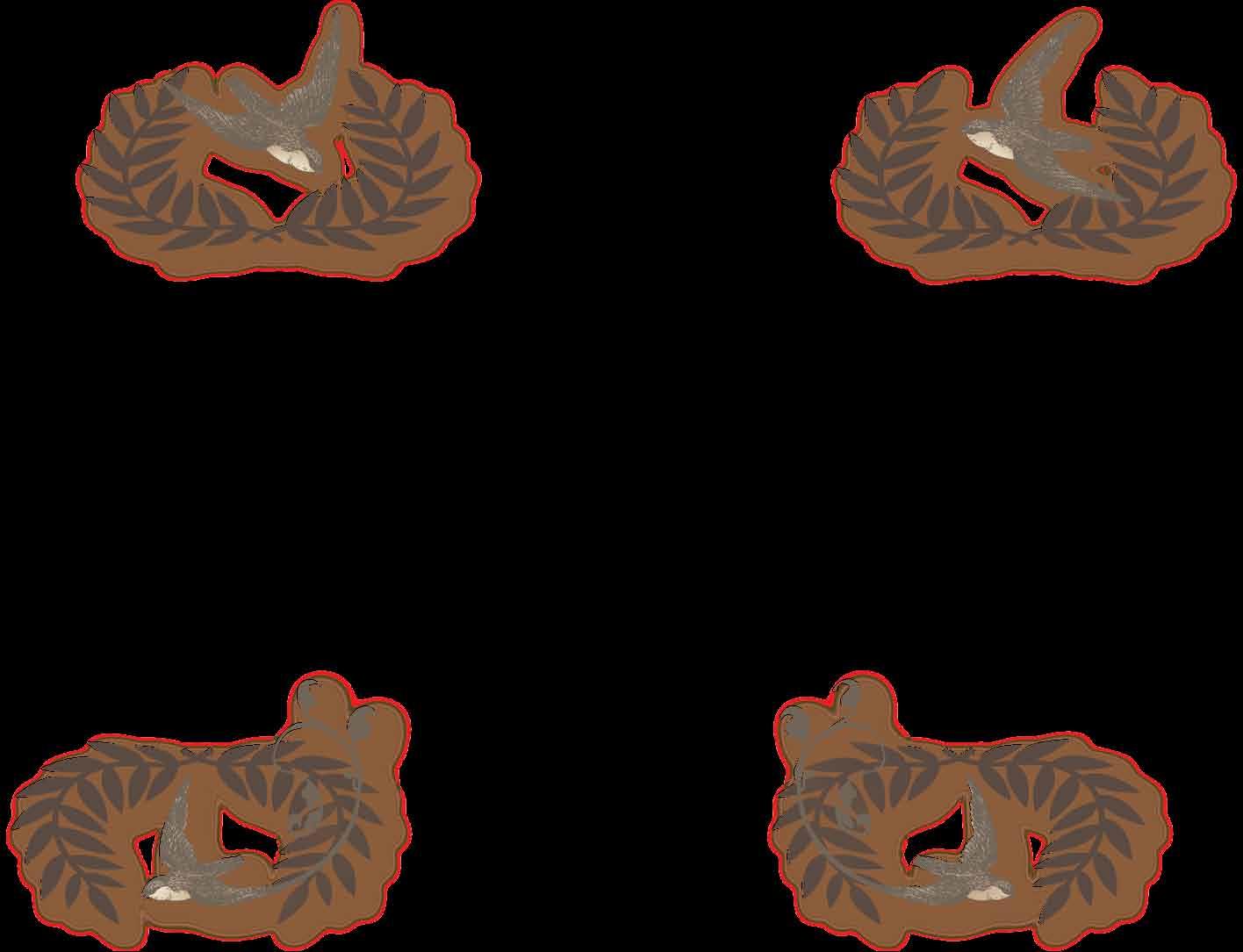
I’m not gay; I just dabble with Dolls that I trash
Afterwards
“Look at the mess you’ve made”
Father enters the room
Belt wrapped around His hand, tightening In fury at the audacity
He closes the door behind Muffled screams, thuds of struggle
The echoes of tradition in practice
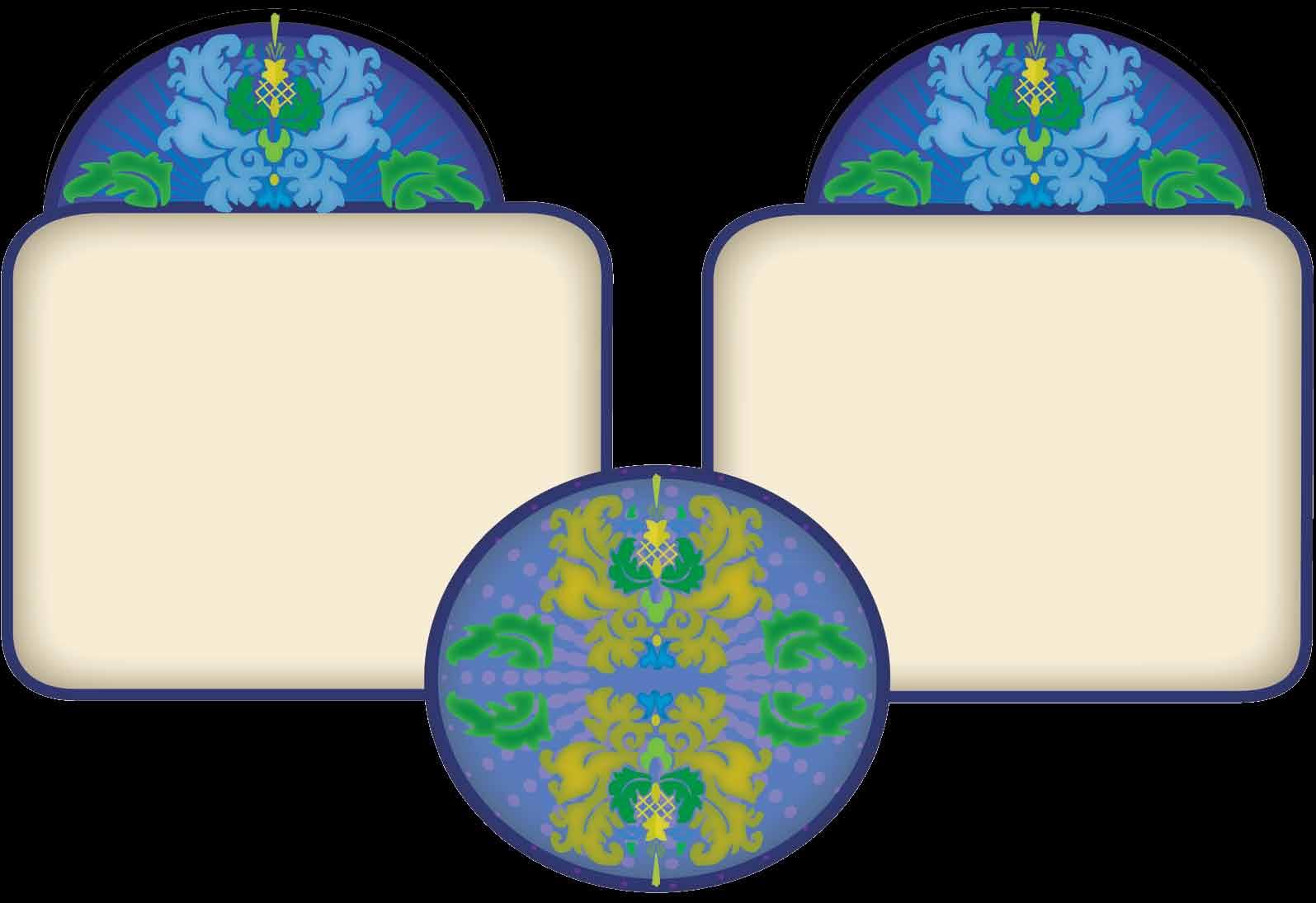
I’m not straight either; Though I wrestle demons
At day, and they return at night
In the form of nightmares
So mother comes to hush me up
I tell her I don’t believe in God
Having the final say about gender
She unplugs the night light
And uses the cord
In the name of the Lord, To have me delivered in pain
Everson TaverasEverson
TaverasBut I am free; To decide my fate
Whether it is the pink satin Or the blue ribbon Or both, I say, open-minded Paternal figures loom over me In the darkness, While I play with Barbie And Max Steel
Something tinkling hits the floor


Tears of mercy burn the carpet, The doors slowly closes Nothing but tough love
Filling the silence
Over the green, slush meadow
A cornfield rises like the flaming sun


Its corn is sweet, and its contents mellow The perfect dose of heaven’s plum
The world has taken its kind fruit And has poisoned it with steaming rum God has delivered us the perfect root
To plant his divine words onto our tongues
But like all forsaken things in life
Such things bleed, rot, and die Nothing is more becoming Than to find a fruit’s heart dried And its soul being deprived
Love is also like all fruits
Filled with plumped bliss, And almost without flaw
But as the screaming crops burn and spew Nothing can ever last, not even love
Because love has pulled its last straw
Slurred words, dirty thoughts
Start to sing, Until the actions speak louder
Than one more drink
Or one more song
Shouting in ecstasy

For power of dominance
Everything goes dead except the conversation
The TV blurs out;
Chatter and glass tinkling cease
Alcohol at its finest hour
Advises you to leave
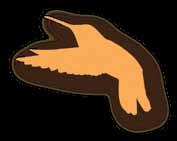
“Let’s get out of here”
 Everson Taveras
Everson Taveras
Drunken legs below the spinning sky
Find their way to the hotel
What hotel? When?
The stench of fading perfume, Freshly wet soap and beer to carpet




Overruled by cheap cigarettes venting by the window sill


Time sways to a slow jazz
Neither of you understand
The lyrics to Only the rhythm of sex


Makes sense; suddenly clothes no longer fit you
“Do you have a condom?”








Kidnapped by darkness Which screams in pain
Raining the sheets; Of pleasure and guilt
But the pain is too good To stop, Stop! You roll over Love, And your 15 minutes of fame
Over The lights of reality
Burn your eyes



Reminding you of the dread: Of a morning face, a stranger in bed a terrible headache that screams


With guilt felt because of pleasure
Of something left familiar
But nothing remembered




You wash your hands
And walk way
Without out looking at the sheets


Stained of the putrid act




Without the awkward goodbye
Only the thanks
“Don’t forget to close the door behind you”
On my street sprinkler heads give life to green lawns, mowers buzz March to November






On my street
Handymen fashion homemade drip faucets flowers cascade into tumultuous flowing beauty May to October
On my street retirement yes, Florida no, wife won’t go, cure for that?
brand new heated cab t-shirt with an eight foot plow
December to April
On my street old wooden fences older still, faded, rotting, falling, new white fences square the neighborhood nicks and dents are the new old, rust the new older-still Spring to spring
On my street a porch here a bigger porch there, a pool there a bigger pool here, Dwarf Spruce divide this property line, Blue Spruce divide that property line, that shed is painted over there, this shed is sided over here
Summer to summer
On my street Hours spent hobbies defined crumbling mortar Pressure washed to reveal New England rocks pulled from The earth to build a wall stake a claim new mortar placed to renew the vows the stake the wall
This land is your land that land is your land Year to year


Like a comfortable corner to hang your hat and put your feet up friendship is a space designed to kick back ‘n relax
Like a long leisurely meal with five full courses not including dessert friendship fills you up leaving contentment, satisfaction
Like a good book whose hero and heroine live on past their story friendship gives desire, longing for the next chapter to never end
Like a sliding window, a padded stool to put your knees on a priest to hear your burdens friendship captures your woes under the cloak of forgiveness






Like the white knight you knew was waiting there to gallop in and save the day friendship gives you opportunity to be the one who says, I’ll help













Like a newborn baby young love, and seventy degrees on the first day of spring friendship gives you hope of old dreams, renewed
Like the question or the prayer being answered after a wait designed to inspire trust friendship comes when least expected lightening, waiting for the thunder
Like the surprise party that was truly kept a secret or the gift you didn’t expect friendship makes you thankful for all the blessings in your life
I never had that hair wispy and curly starting out straight at 8am coming over the finish line, 5pm curls unruly frame for your ears
I never had that blood sugar on the down low hands convulse to misdirect orange juice away from your mouth life so near and so unreachable









I never had that sense of humor that finds inspiration to chuckle at the sorrow of another tears flowing down cheeks your mouth and teeth set to drama
I never had that a favorite child one to favor and uphold one to set to schemes of shame, perverse either way
I never had that secret that must not be told secrets ordered confined within these four walls that structure the next generation
I never had that compulsion to enjoy the degradation of another all the more fulfilling with your personal touch
I never had that time when I was yours a princess in the making maybe that’s why, Daddy I’m not like you

I never had that given all the familiarity at your hand I wonder are you in hell now bathing in the lake of fire?
I never had that I cried for you your death taught me I can’t wish a dog to hell Did you ever cry for me?
nothin’ doin’ controllers shake handheld light shows shoot rifles shoot pistols chips never see a bowl battles won, battles lost epic win saves the free world
nothin’ doin’ zombies wreak havoc Sprite by the two liter World’s Dumbest Criminals crash, fall, punch, swear dance with the world’s worst childhood by-gones

nothin’ doin’ pan pan, water pan, water, seasoning packet pan, water, seasoning packet, noodles pan, water, seasoning packet, noodles, three minutes dinner, or lunch, or breakfast




nothin’ doin’ bzzzt bzzzt bzzzt dude, is that you? ha, what?
dude, quit texting me, I’m right here don’t tell me what to do bzzzt bzzzt bzzzt

























nothin’ doin’ one thirty seven two forty five three twelve four twenty one eleven fifteen, enough time for a candy run dinner, or lunch, or breakfast









nothin’ doin’ sneakers tied slung over one shoulder bag, box, games, controllers, slung over the other shoulder front door squeaks open sunlight reaches for squinted eyelids going on home, nothing to do here



Mary Ellen D’Angelo-Lombari
I never had that nothin’ doin’
Talking heads with Chelsea grins, Keep telling me that I’m servile to my endorphins
But I know a look when I feel a glance
So it’s imperative that for once I take a chance
If we met a hailstorm of comets I’d know for sure
Some atrocities are inevitable, and most epidemics have no cure
And I’ve handled about as much as I can endure
I want to see the world fall apart from a different point of view
Because if we’re all doomed to incinerate on cue
I’d rather spend my last day here with you,
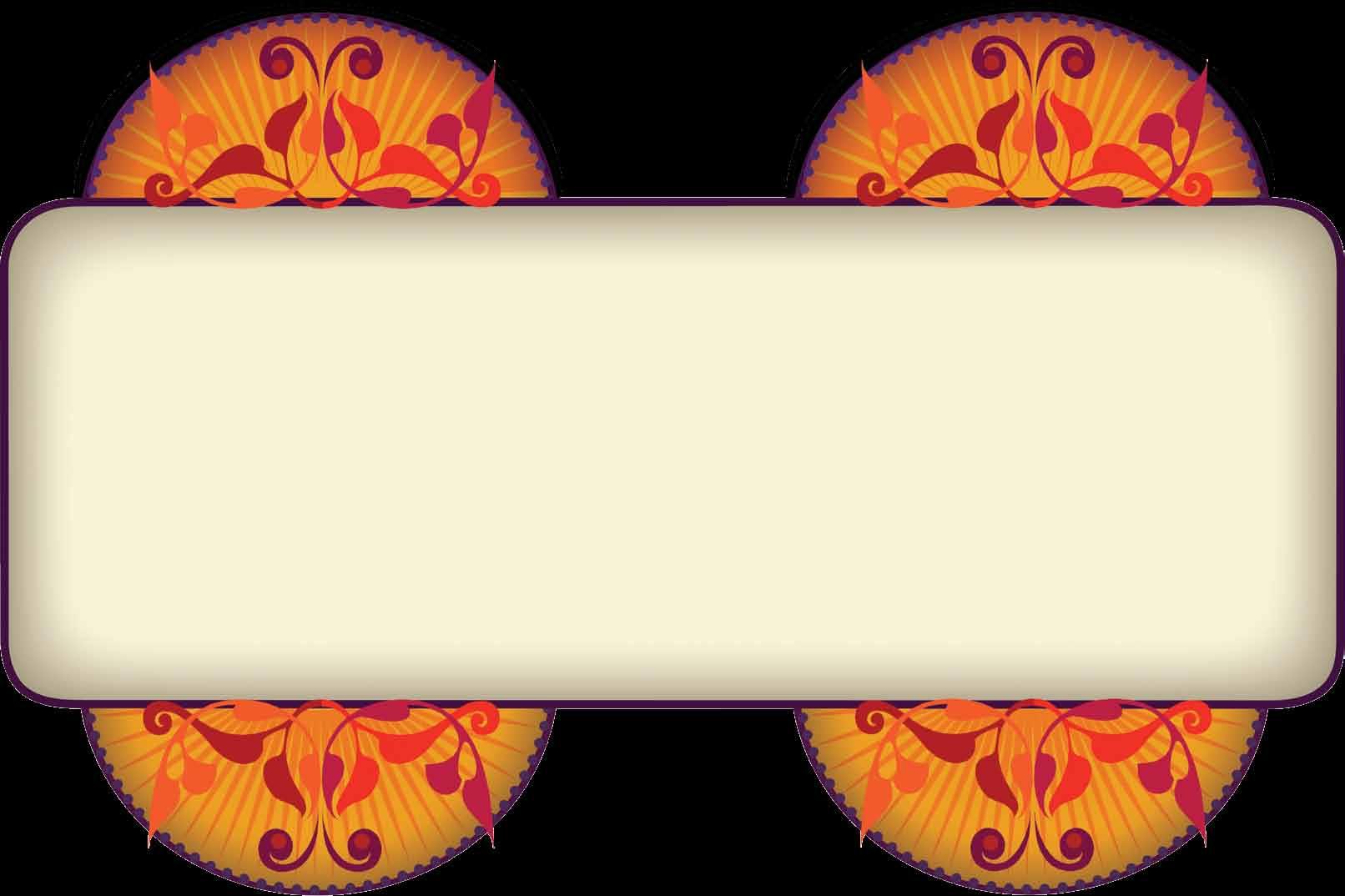
Vulnerable under your intense scrutiny in a sacred milieu
Where I would make you my last kiss here on earth
But if we survived, only to perish to the dearth that follows
I’d meander emaciated for days, sustained only by the love I swallow And if we were held like prisoners of war by over zealous preachers
Evangelical tyrants who berated us like repugnant creatures
I’d still know that they’re as godless as me
Proletariats in the spiritual hierarchy
Who believe they’ll be lulled into a splendiferous deep six




But it’s just consecrated fertilizer under a neon crucifix
Because the truest religion that I can see
Is worshipped in a temple of contorted bodies
Their Elysium is a glorified Times Square
Mine is a faith renewed through the intimacy of your touch
Their bibles are full of manifestos they arrogantly declare Mine makes me realize their messiah isn’t worth very much


I repentAll pontificated blasphemies


And complacent godlessness, I now resent A contrite sinner, a seeker of impunity, I must admit That death made even Charles Darwin a poltroon hypocrite
Not unlike the radical myopia, who branded congress enemy of state
Marching behind a musical guru who told them to imagine no heaven
Even John Lennon shook Reagan’s hand at the pearly gates
While articulating a genuine distaste for his brethren
Perhaps that’s why we need martyrs and assassins
Because we can’t have our heroes contradicting who we want them to be
They’re just soulless vessels who we’ve invested all of our passions
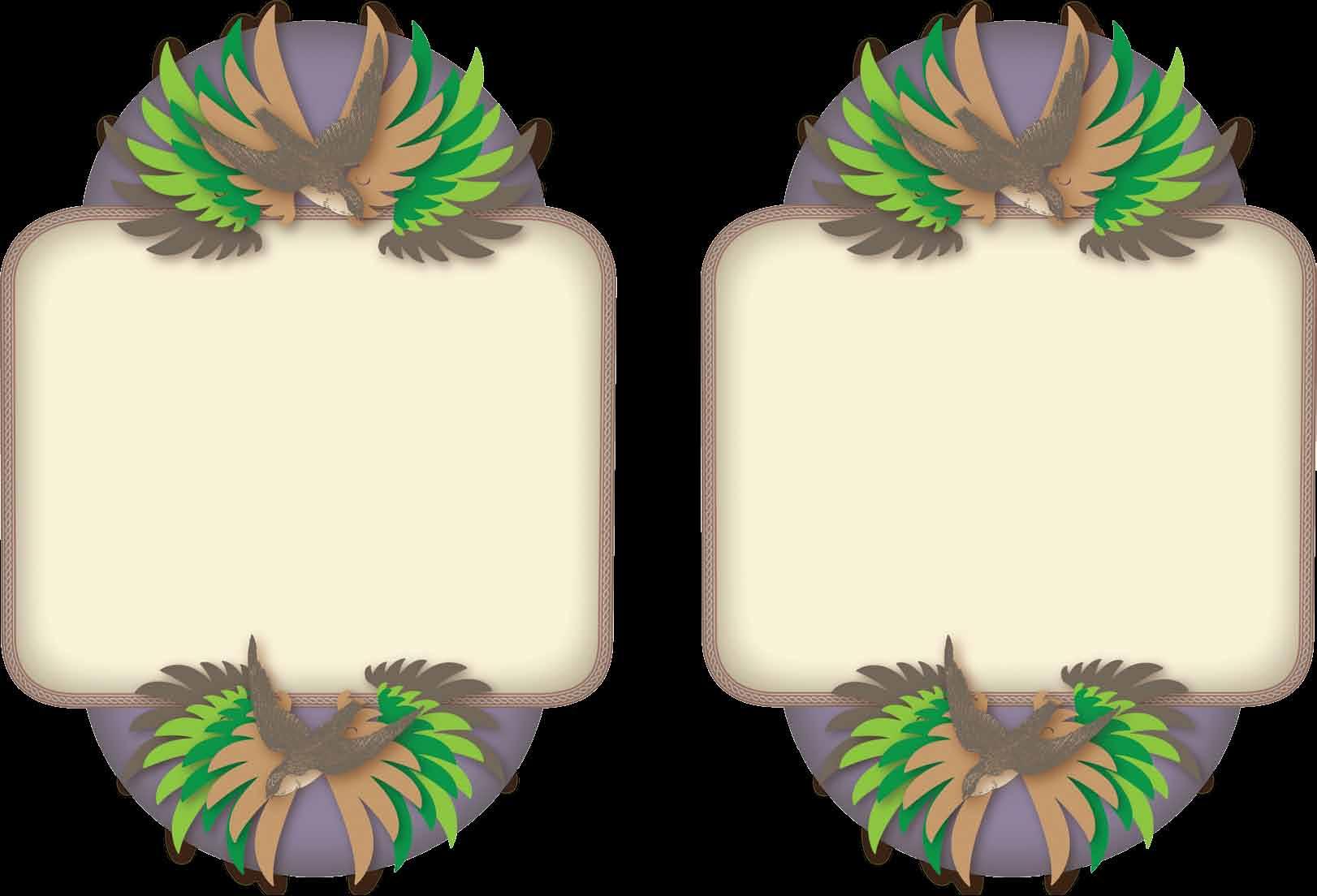
How dare they think they can succumb to a shameful mediocrity?
And despite all the Hail Marys you can say
Jesus Christ was simply the glorified pop star of his day
Vacant cottages veiled in mist with empty swings that creak and twist sheltered by sand dunes piled up high reaching to a solid steel sky that overshadows a new moon while ice cold rain softly croons
to hungry seagulls that feast on a frozen seaweed fleece, surrendered from tossing swells, amidst treasures of sea shells awaiting on snow covered sands for winter’s end to land.




































Into flame the words rose sizzling and crackling, dissipating into smoke. Coughing halted her laughter. Tears welled in her eyes. She pulled up the sash of the blackened window, capturing a warm breeze and a glimmer of a rising sun. Pink and white flowers growing on a giant cactus radiated in the glow from the red-orange sky. She gazed into the man-like shadow the cactus cast,
wondering if her son cried when he transposed those words to paper. A dry breeze rushed by carrying away the last wisps of the letter. She watched the cinders blur into the drifting sand and burnt grass, disappearing into the silent shadow of the cactus, and she ached for the words, the simple sound of the words that would give her peace.



I sat in the swing, holding him in my arms, gently gliding back and forth. Under a stormy evening sky I sang him his last lullaby.
Time became eternity, rocking and singing until my throat hurt as much as my heart, not quite able to say goodbye not wanting to cry.


A damp wind wailed Echoing with deafening silence Through the winter barren trees. His still warm body cradled in my lap, the swing creaking in the breeze.
Nestled in a loved blanket, wrapped up in a garbage bag, I placed my heart in a hole in the icy muddy earth. Did he ever know his worth?
Where are the poets?
The night resounds their absence. When will they return?
Wallace E. Clark IVIn the early dark morning
I am a rock in the field, You are the wind that runs wild through the long grass Like lovers’ fingers through hair.
When the early bird of Dawn’s first chirp is heard
I am an apple on a branch, You are the chilled beads of dew that roll over my skin & the hot orb that rises, and chases them away.
At morningtide, when the delicate tenebrous shades begin to fade
I am strewn shards of smoothed glass on the Sea’s edge, You are the shaking and shivering spectacle of light
That makes mirrors of, & reveals me.
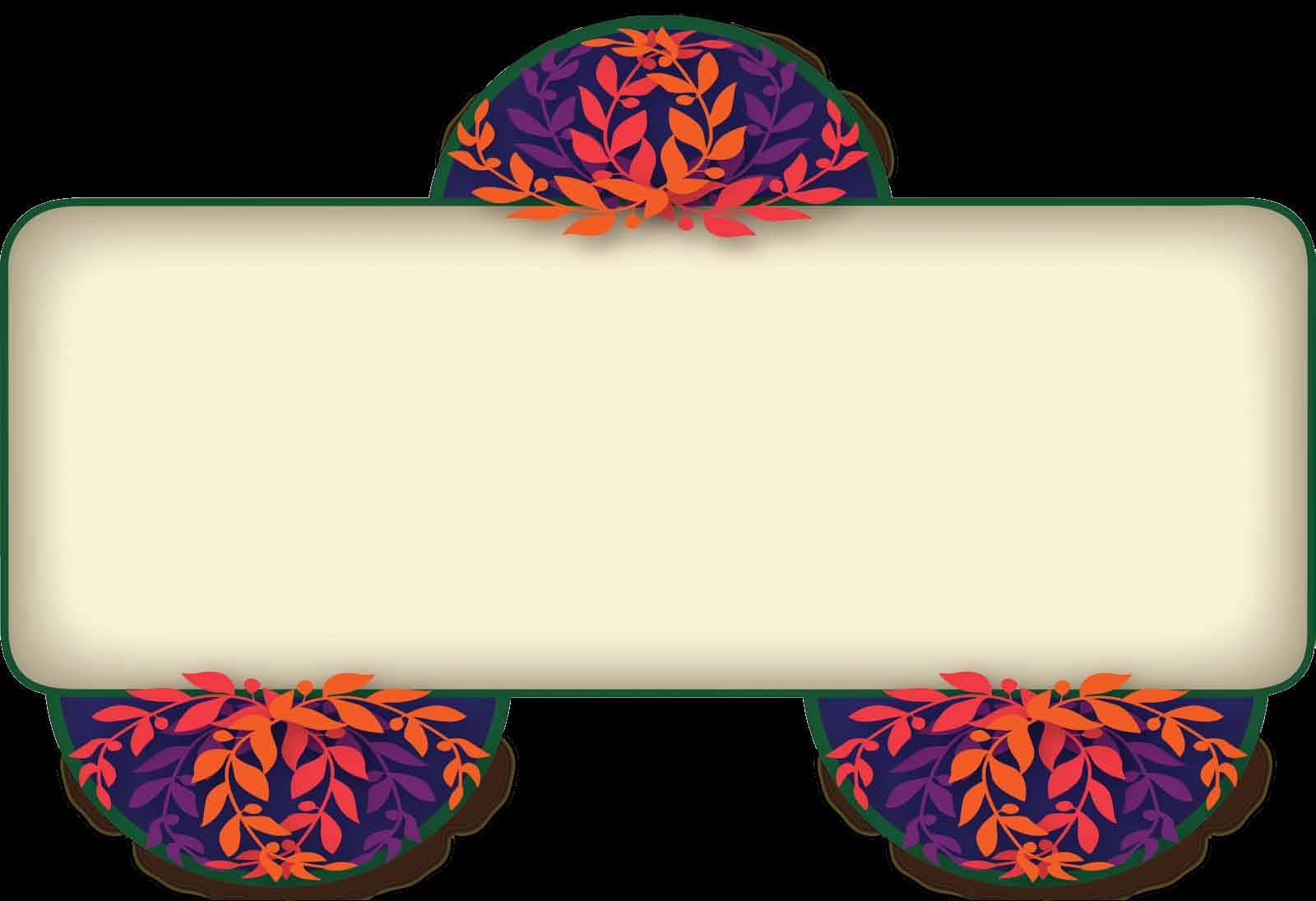
Sapphire speck, the brightest in the sky
Divine pendant hanging on the collar bone of Night
Beryl beams, that stretch & reach my naked eyes
Vivid shine, vaccine for Darkness’ plight
Oh cluster, your tiny torch & cerulean spines
Oh dog star, my chin & the Nile rising, your evident sign
Wallace E. Clark IVNet of sacred silk, oh you ochroid arachnid
Weaving gold like Rumpelstiltskin
Maps of sticky spirals
Fashioned with holy amber strands
Writing spider, your threads


Shine like sunlight

To ensnare the bee & finch

where have all the poets gone?
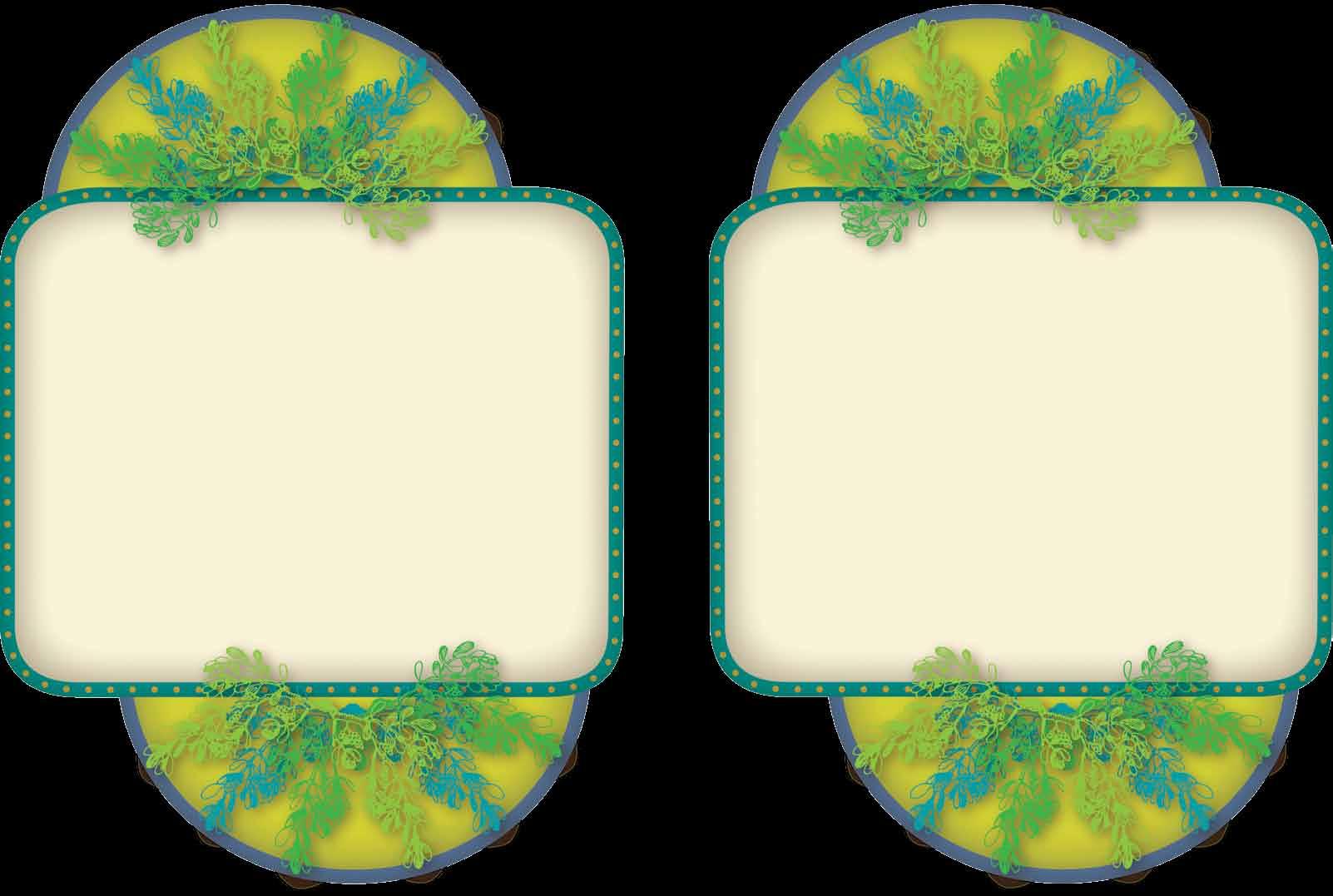 Wallace E. Clark IV
Wallace E. Clark IV
Frank was a man who was always smug to his barkeep But always tipped him twenty bucks
That’s what made him feel like it was his joint, That’s what kept him coming in.
At night he curled up wordless
Like the smoke from the cigarette he barely dragged
Jane was a slim lady who always wore her favorite color She smiled at strangers & dreamt of getting away
That’s what made the rose stay in her cheeks, That’s what kept her going.
At night she curled up wordless
Like the fiddle of a fernhead before the frond
The fire that they carried was phosphorus
A faint glow when they breathed




A couple of nighthawks trying to get lost off the highway
Dying for coffee &...
The sound of rain on the roof of the weigh station diner like glass bells
Two booths apart they drank & half prayed, Frank laid hands on the table, Jane bent her head & sang
Wallace E. Clark IVHeard long ago That we reap what we sow & I know, But the weight stacks like trash on a popular road Night warbles her gorgeous somber odes & I quote...
Dreamt of a horse running from the forest to the coast It raised its eyes to the Moon like a man raises a toast I felt every - single - thing I’ve ever owed
Put my hand to my heart, so to remove the stone
The black birds those bards, crowed & I made note...
Where can we go with our yokes
Us broke, & lonely folk, When the rain-belts pelt & soak?
When the train trumpets blow, & the toads croak?
The ghosts slowly spoke & I wrote...

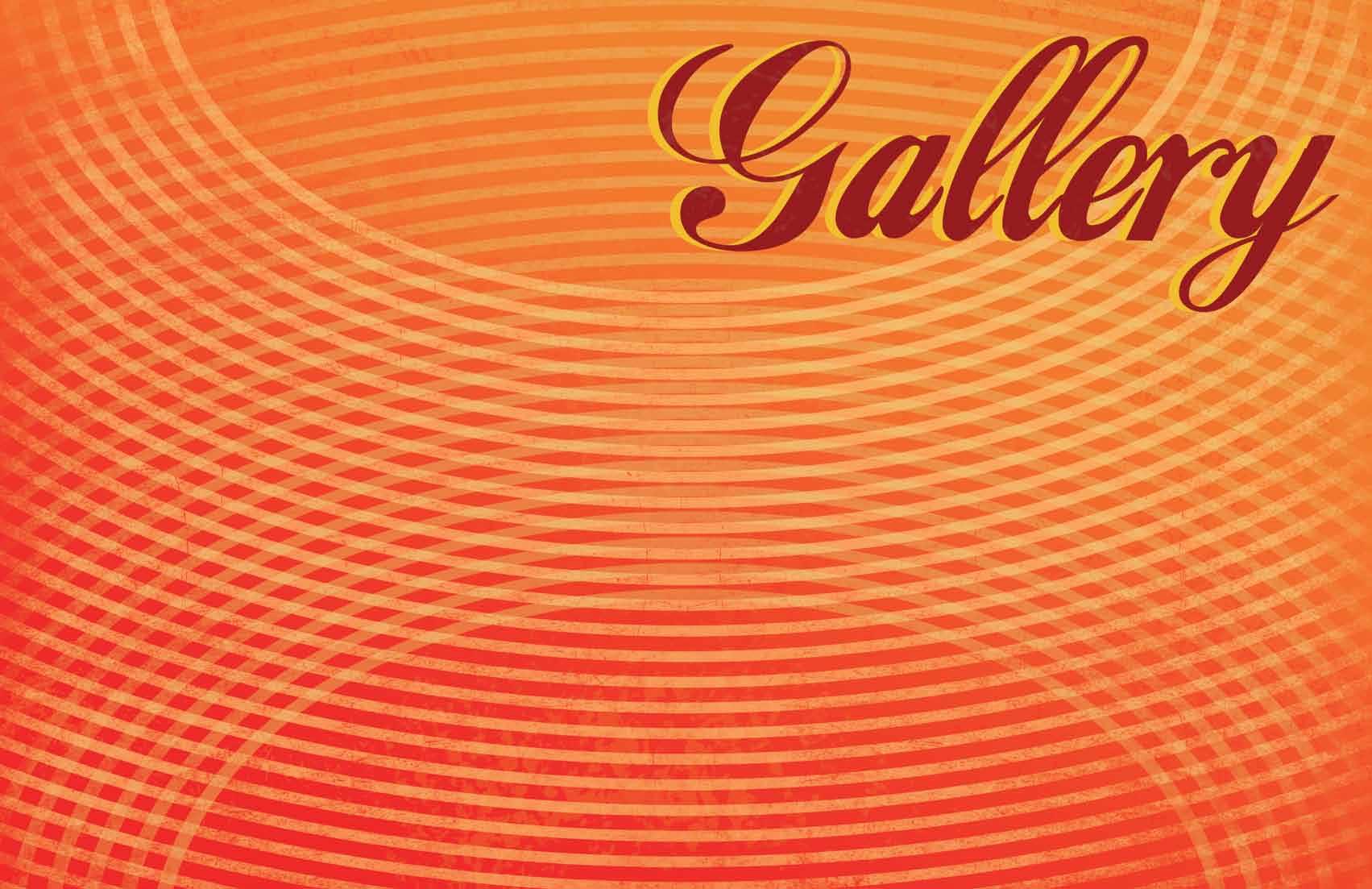


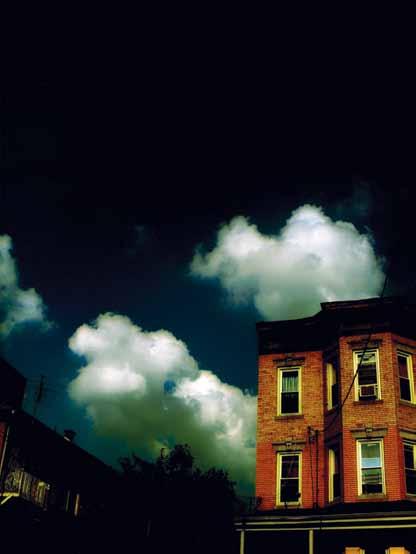

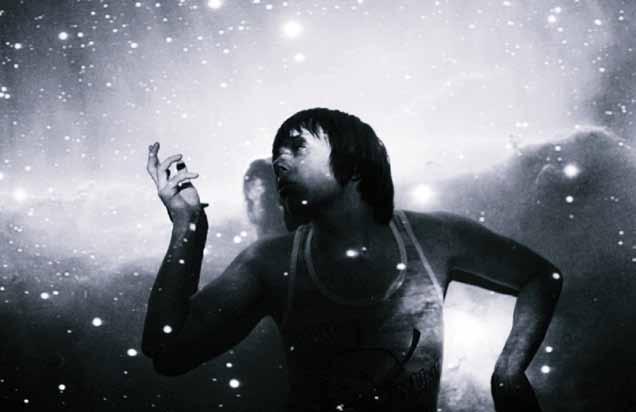



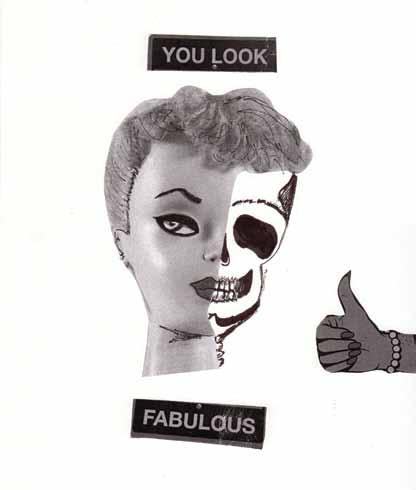
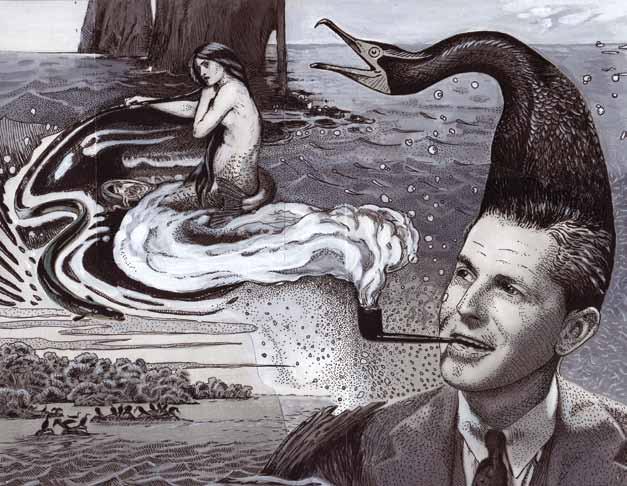
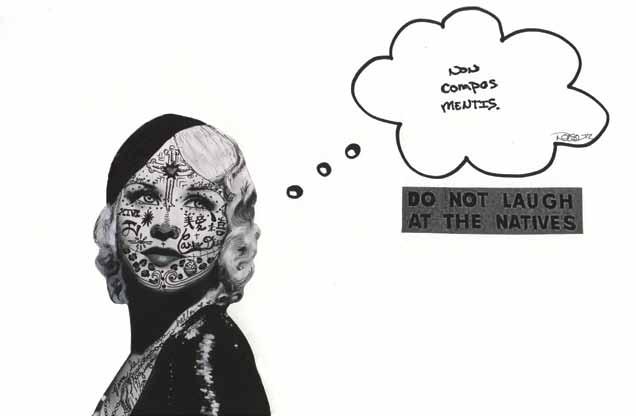
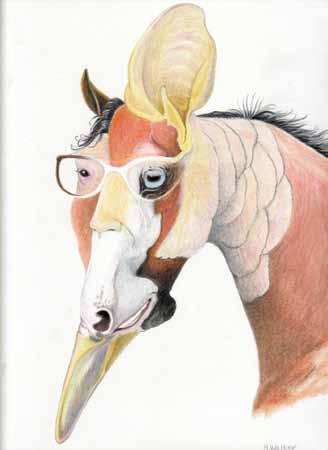



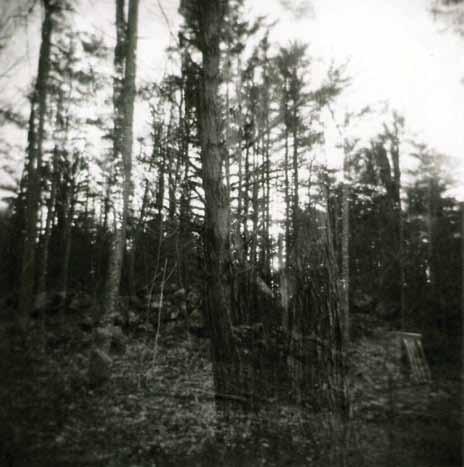

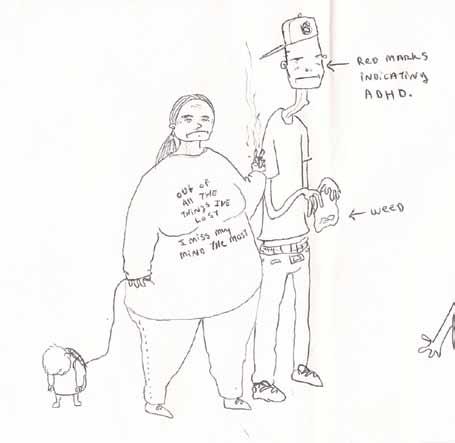



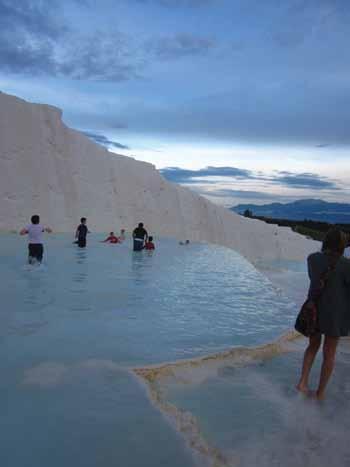
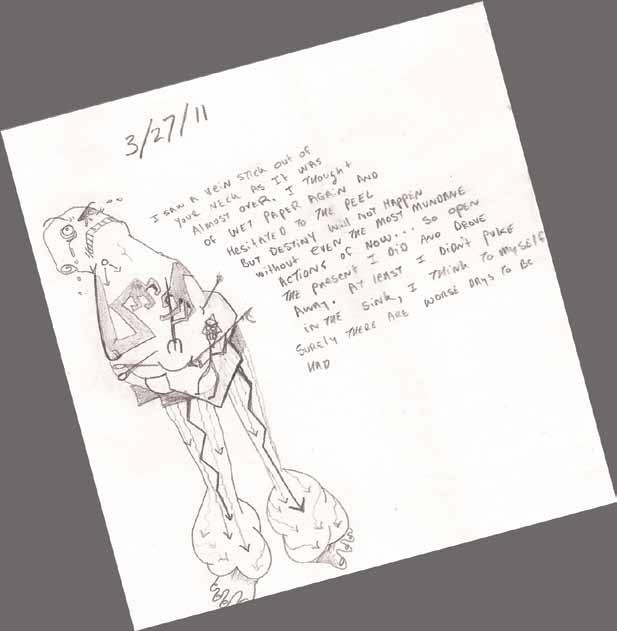
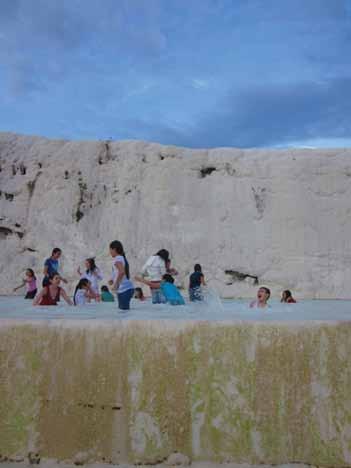





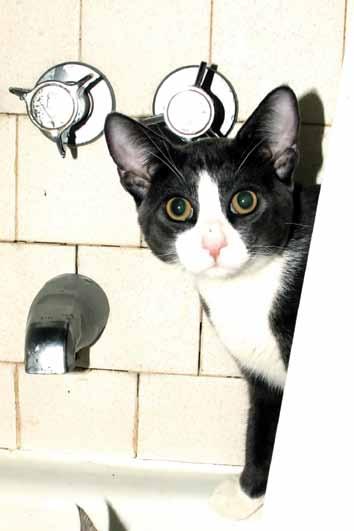



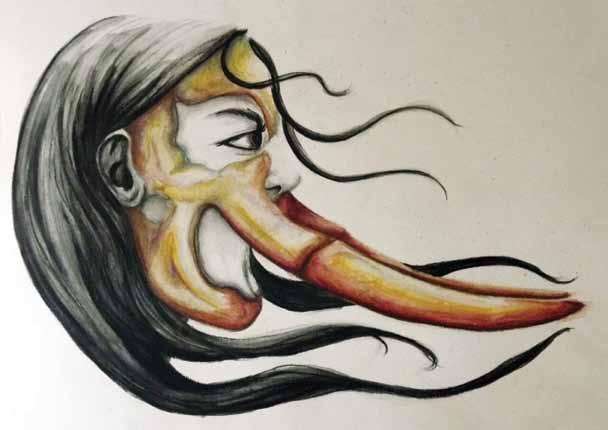
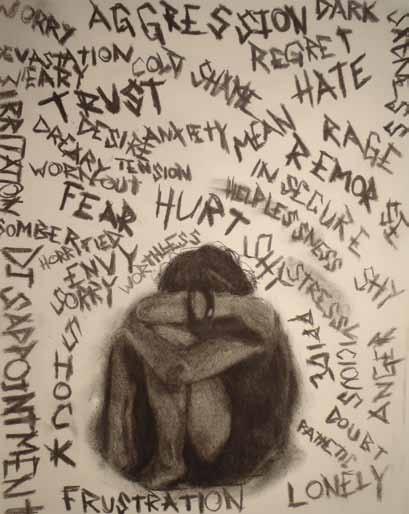
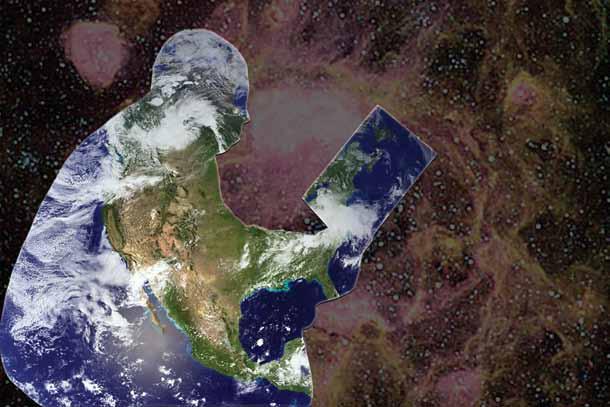



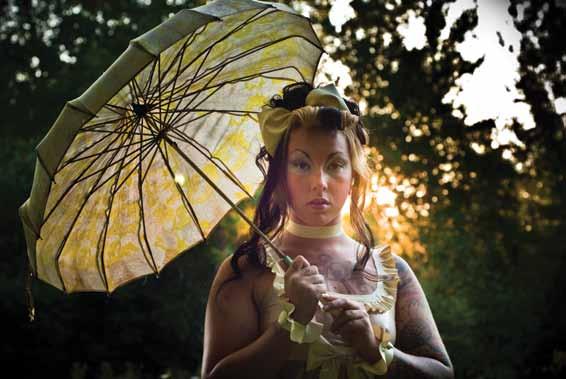
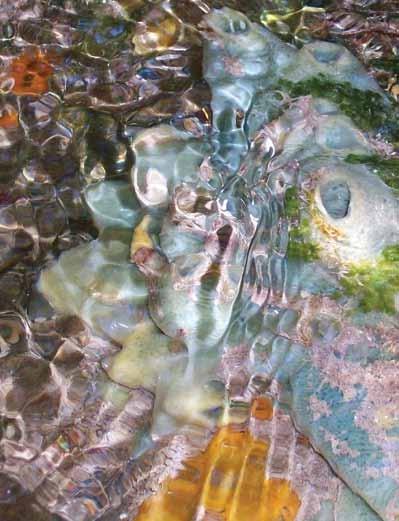

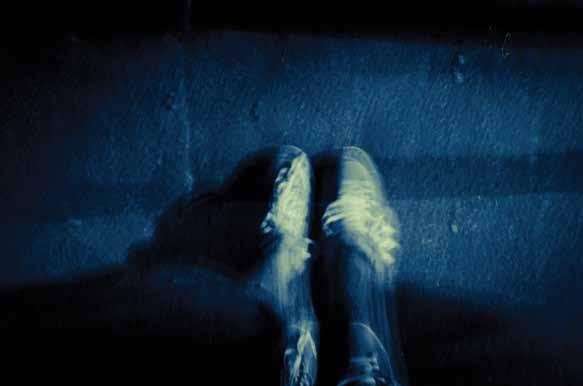


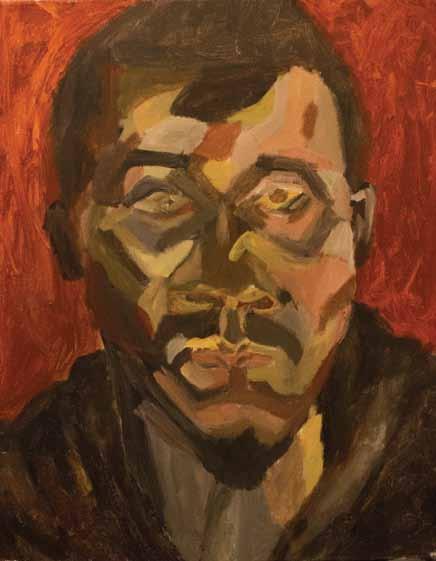

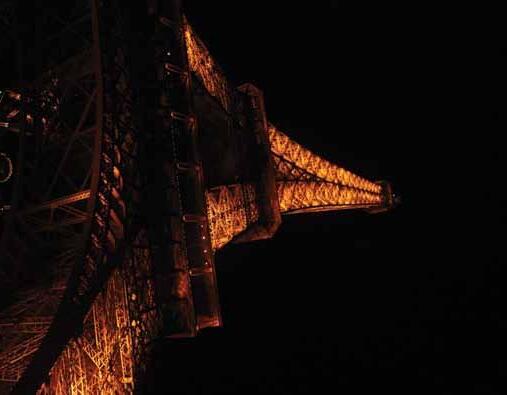
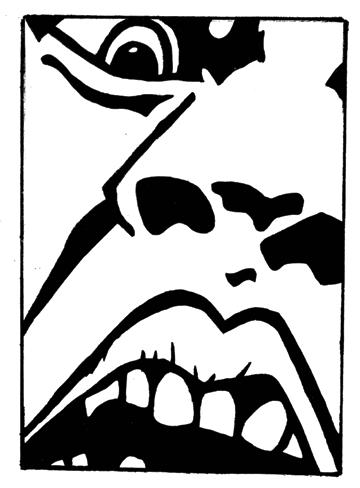


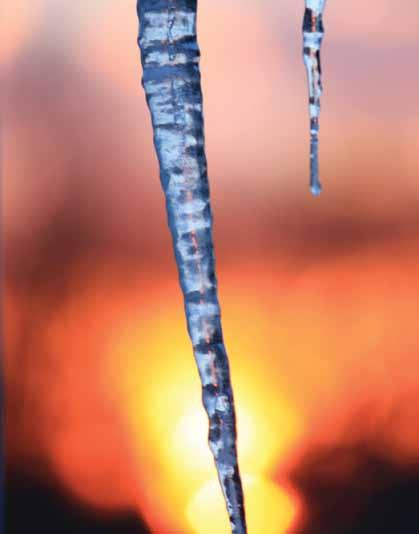
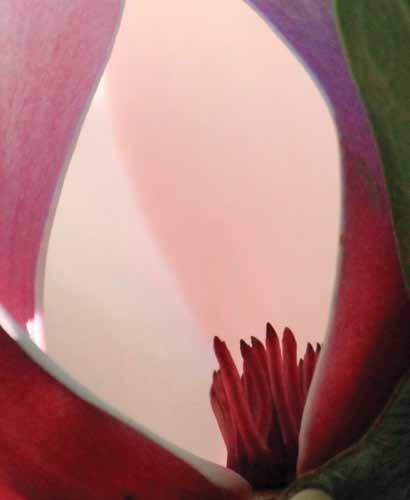

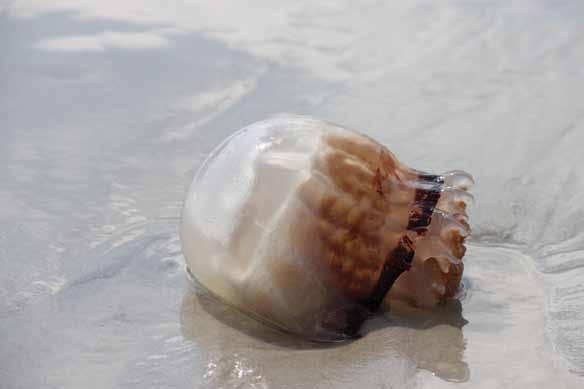
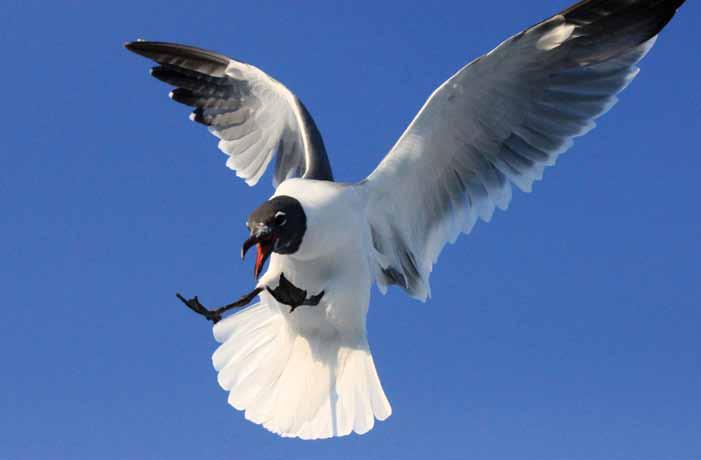


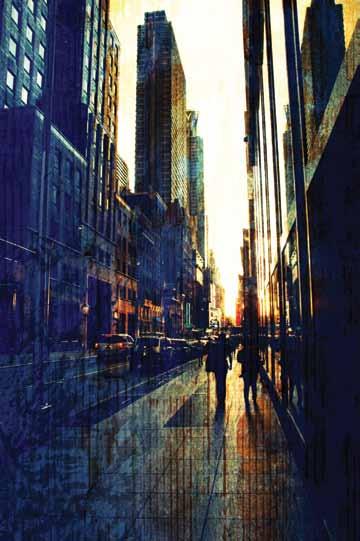
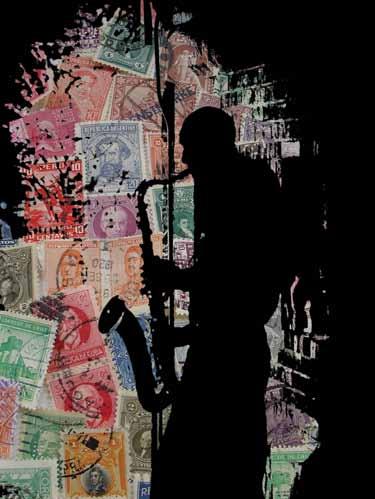
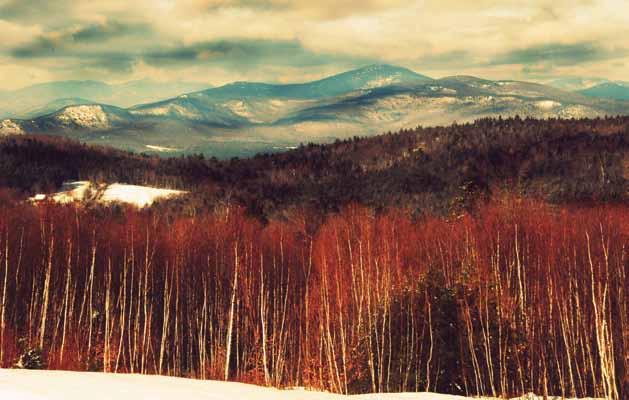
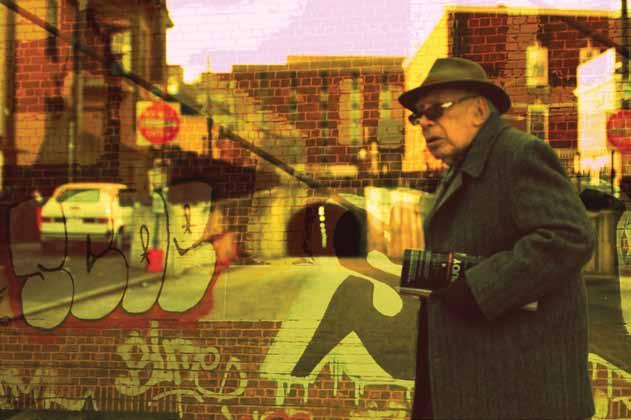
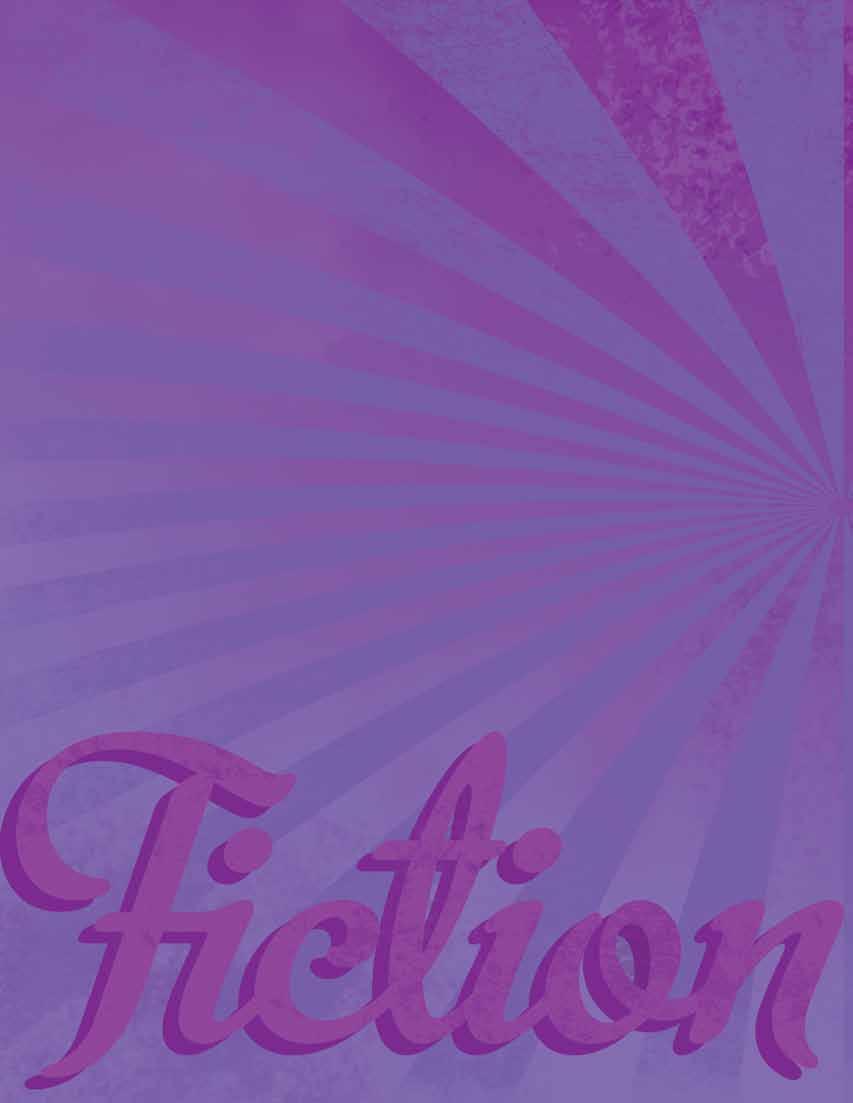

There once was a King and Queen who had a beautiful daughter. They loved their daughter dearly and on her twelfth birthday they threw her magnificent birthday party. They gave her all sorts of jewels and treasures including a magical talking horse. The Princess loved her horse, whom she named Faithful, and they spent many days together exploring the countryside. They talked often and became the best of friends.
The Princess grew up and it was announced that she would be traveling to Faraway where she would eventually marry and spend the rest of her life. The King and Queen talked about the Princess going away and becoming a beautiful Queen that would rule a nation, and they decided it would be best if she left her childhood things behind, and that included Faithful. They decided to sell the horse.
Faithful overheard this and said, “If the Princess only knew, her heart would break in two.”
The King and Queen became very sad when they heard this, for they loved their daughter dearly. So they arranged for Faithful to travel with her to the new land. The journey started well, but after several stops for water, Faithful could see that the Princess had changed. She stopped talking to Faithful and became concerned with other things. One day the Princess came to Faithful and she was crying. She told him she had given him to the other woman they were traveling with. Through her tears she said she would always love him and wished him a long happy life.
Faithful didn’t understand, but he tried to honor the Princess’ wishes and behaved very well for his new owner. He tried and tried, but he could never please the girl. So he tried to talk to her. She beat him. Faithful held his head up high and said, “If the Princess only knew, her heart would break in two.”

The girl would not listen and became angry and tied his mouth shut. They finally arrived at the new land. The girl stopped the horse at a rundown building that smelled of blood. She talked with an old man, then walked past Faithful without giving him another glance. The old man led him into the building. Faithful was horrified to see many bloody carcasses of animals hanging from the ceiling and realized it was the butcher’s warehouse. Faithful cried and cried for his Princess, but she could not hear him. He cried to the Butcher and told him he was a Princess’ horse. “If the Princess only knew, her heart would break in two,” he said. The butcher did not care.
So Faithful died in the butcher’s shop, and his body was carved into meat. The butcher hung Faithful’s head on his gate. Every day the girl and many others would walk by, and Faithful’s head would say, “If the Princess only knew, her heart would break in two.” No one listened, and no one cared.
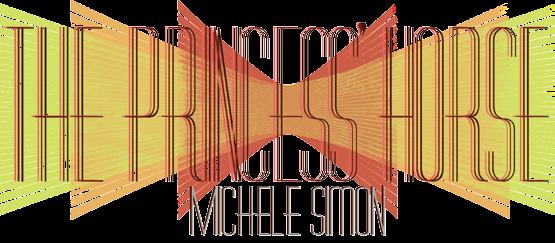



know there is something in here constipated deep. cant wait any longer and must squeeze from its thick lemon peel the days hung in jell-o humidity before the suspend becomes hung, then dead. working on saving up with all my might but spending it all on the ocean and the moon. i didnt know crickets could find me there and tie me up to one foot on land and the other in the deep. i cant straddle this without pulling tendons and tensions. cant keep trying to even it out by filling the in between with long walks to bar breathing in bored conversations and amnesia. but there is something i need when im needing to let this all be what it is at once. i want to let it catch up to my neck so i can feel it dripping down my throat this lemonade im squeezing. holding on so tight comes out of my hands drips of the ocean actually being warm, the shore line sucking me down against all will power to push me under its dress to touch its thighs, the sand sticking to me on the way in and out as i keep coming back for more things that makes this place here. navy blue t shirts against white sail boats and little boys digging for crabs, creepy clown faces fried dough and fortune tellers after everyone has gone home but us. chips hangovers texting and train rides to boston. saying goodbye all too much in the matter of two weeks. taking this all in with dark bitter beers until im numb enough to feel like im still at the bottom of the titanic on that fateful night. one foot in one foot out, up to my neck in taste, debt, and the knowing that this will hang as inevitable as my memory will fail. it is sinking and i will always be there on a titanic watching it all fade under the piles and piles of lemons used to awaken she hung so by apathy. it is bitter sweet and so is life. fading fading fading

A retelling of a classic Grimm s story from another point of view ,
She was shot twice in the back while she stood at the register. That was almost twenty years ago, and although the blood had long been cleared away, Chuckie could still see it. He saw it every morning when he opened his bagel shop and every afternoon when he closed up. In between he was able to distract himself. He supposed he should have closed it completely when Liz was murdered or even moved it across town, but in some strange way he found a level of comfort there. He never mentioned it to his buddies but he was sure her spirit was trapped in the shop, and he wouldn’t leave her.
He busied himself with his opening tasks and thought about when he and Liz started the shop four years before she died. She had gone to school for business and always wanted to be her own boss after running other people’s offices for 17 years. He was a firefighter, and although he loved his job, it brought on asthma, so he knew he should retire anyway. After 23 years, he figured a change might do him good.

A customer cleared his throat as he pushed through the door. Chuckie hadn’t yet flipped the Open sign so he was caught a bit off-guard.
“You open for business?”
“Oh, yeah, sorry got caught up. What’ll it be?”
He glanced at the clock 6:10 He usually had half of the bagels out by now but he had been distracted since he read the news. He flipped the sign, took the man’s order, and then looked at the clock again. Only four more hours. Maybe then Liz could have some peace.
He went through the motions of his morning without much thought and just wished Liz was there with him. Jerry, his baker, was in the back spreading the flour and punching the dough while Chuckie brewed the coffee, kept up with the cream and sugar refills, and chit-chatted with the regulars. He smiled as he thought of her, there behind the counter greeting everyone with a big hello. Sending them off with an enthusiastic have a nice day
She really loved that shop. It was all her every last nook, from the handmade country curtains to the mini vases filled with fresh flowers on the few tables, always daisies. She claimed they said the most simple yet elegant. Her wedding bouquet was from her grandmother’s yard, tied with a simple white ribbon.
They worked well together, too. Chuckie leaned against the counter and shook his head. Images flashed as if he were watching old home movies on a slide reel. She would flirt with the regulars then coyly glance in his direction to make sure he was within earshot. She had a habit of licking her middle finger and dabbing it on the counter to pick up crumbs which she would then wipe on
the back of her jeans, despite having an apron on. That apron, brightly colored, was splattered with flour and splashes of cream, but the crumbs hung to the edges of her back pockets. He remembered the day they opened and how the local paper ran a big article right on the front page. It was the only bagel place in town before Starbucks and Dunkins jumped on board. Liz was so excited, she ran to the store after dinner that night and bought half-a-dozen papers. She kept a copy in a clear plastic sleeve to show anyone who would pay the least attention; she even showed those who didn’t care and waved off their disinterest. She sent a copy to the family in California and even started a scrapbook.
The next time the shop made the front page of the Daily Snooze, as the locals called it, was the night Liz was murdered. Murders didn’t happen in their sleepy little beach town. Murders happened in the big cities. Above the fold, there it was: Beloved Bagel Shop Owner Shot. They used the same picture that was in the paper when they first opened. Liz was on the sidewalk in front of the etched sign Bagels and Brews. She had her bright apron on. Her arms were crossed and she smiled, smugly, with an all-mine hint to it.
Over the years, the shop made the paper a few more times, a scattering of appearances, new menu items, fund-raisers for the PTO but never the front page.
And then the third time the shop made the front was just a few weeks ago. In a strange irony, there was a large write-up on how Chuckie and his shop would begin catering to the late lunch and early dinner crowd by offering salads, soups and what else but bagel pizzas. This was the first major overhaul of the menu, and for a small town, it was big news. Then in the lower right hand corner of page one, there it was: a small clip about Ronnie Bartlette the man who had killed his wife. He was up for parole.
Chuckie’s morning had slipped away with the routine of things. He wondered if he would miss it. He glanced at the clock and figured that he should get home to change before the trial. He called out to Jerry and told him he was taking off.
“For the day, boss?”
He thought before he spoke. He thought about Liz. He thought about the scumbag. He thought about the gun.
“Don’t know yet,” was all he could say.




He removed his apron, went to the door and glanced again, maybe for the last time, at the register. He pictured his wife alive, smiling at him, holding her daisies.

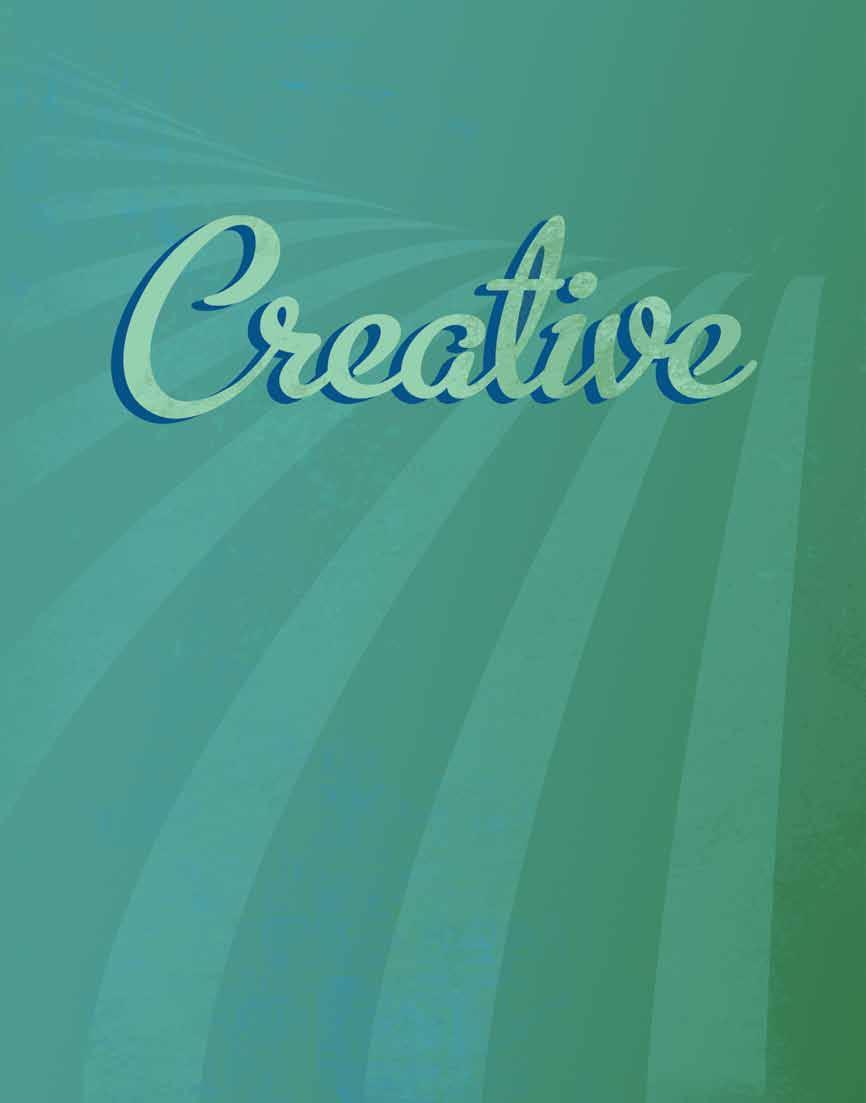
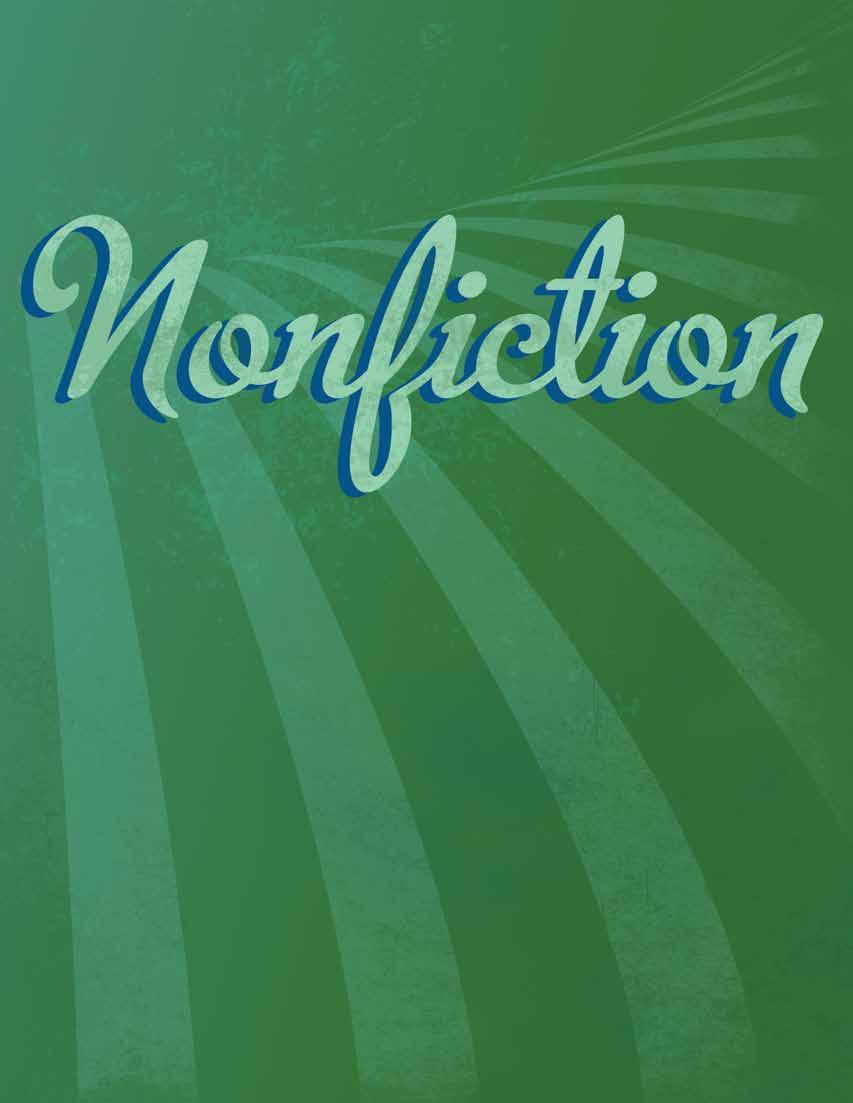

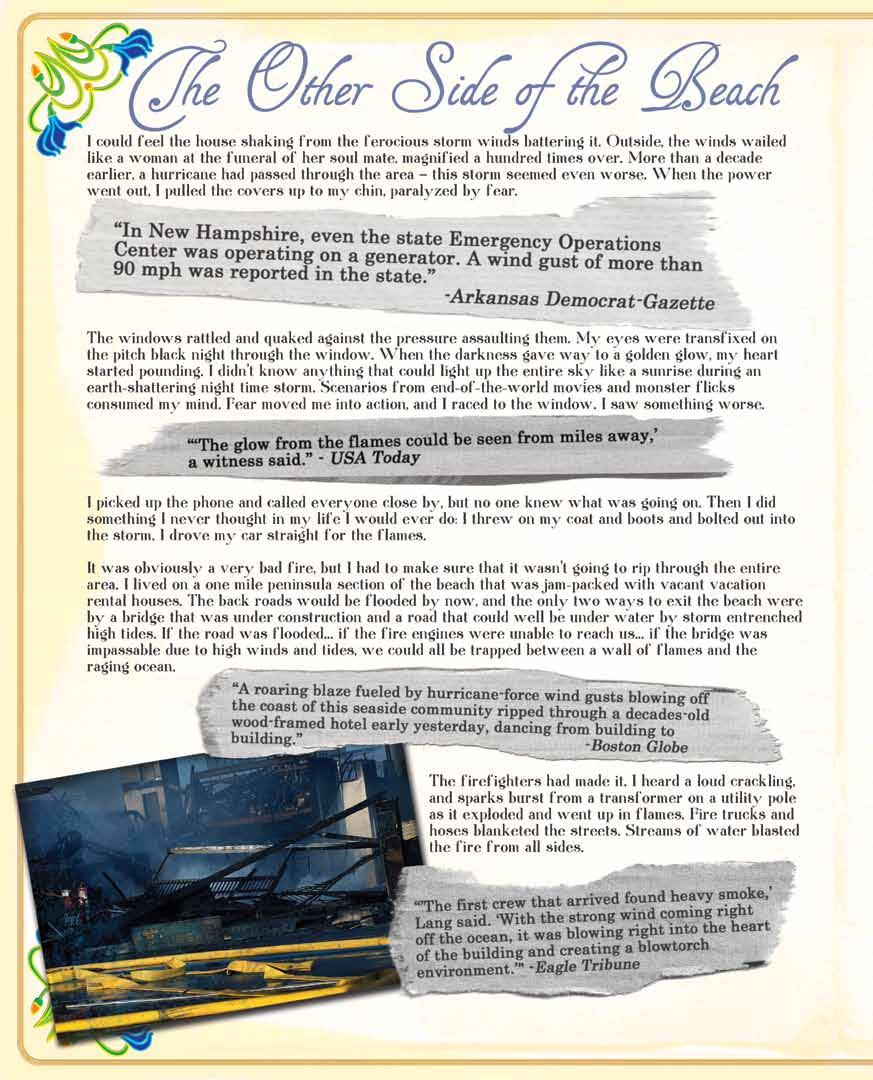

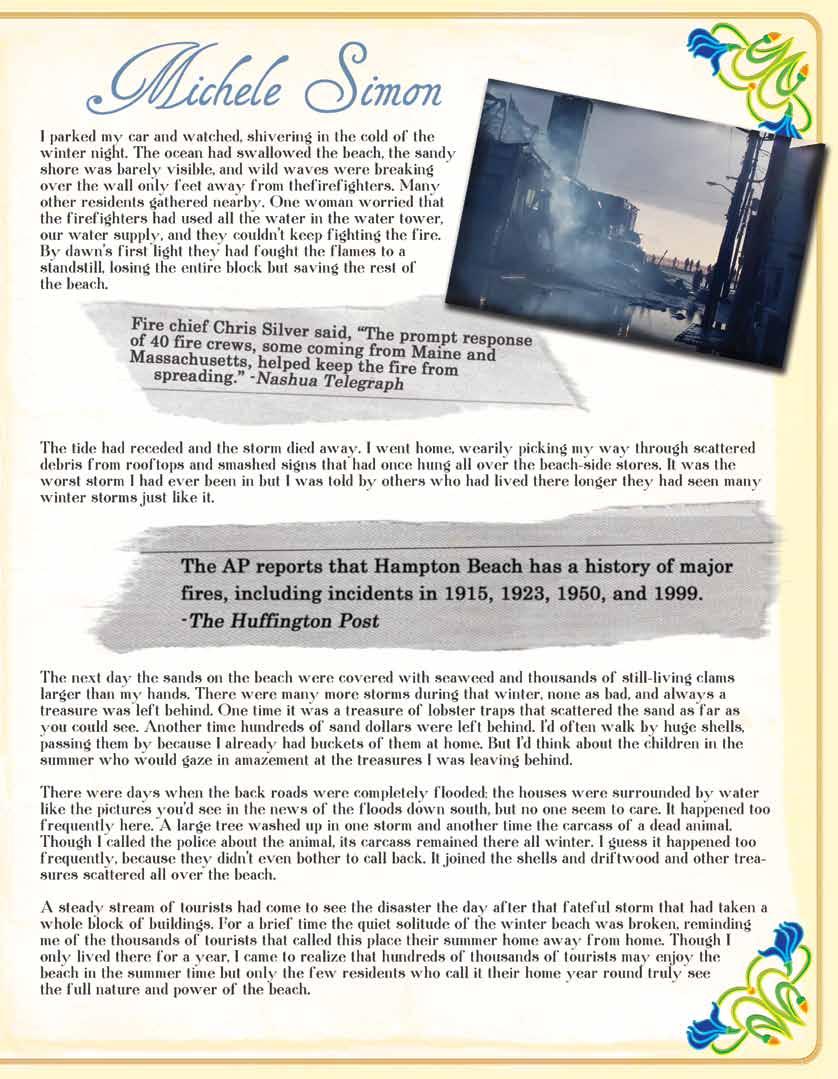


















































didn’t know The Woman of Willendorf from The Creation of Adam the first time I stumbled into Coburn Hall. It was a warm day in early September. I did know that the brass door handle at the top of the landing got stuck, and that I had to push hard against the five-panel door for it to open. I balanced my new leather book bag on my right shoulder, trying desperately not to draw any attention. Inside, the lobby was shady — dark wood, dim sounds, and the mysterious scent of something startling. I checked my schedule one more time to be sure – classroom 432 – then headed for the staircase. My heart seemed to beat in time with the clicking heels of confident girls and curious boys wearing pants well below their waist. Nylon backpacks bumped up against my bare arms. Maybe I should have worn a sweater. No, it was way too warm. Was I having a hot flash? I pulled at the front of my shirt, trying still to prevent the intrusive book bag from sliding off my shoulder. Finally. The fourth floor. A gold nameplate on the side of the door was a welcomed relief: Liana Cheney, Art History, 432 I had made it.
“My name is Liana Cheney,” announced the robust woman with thick blonde hair and a deep Italian accent. She marched up from the back of the room, arms swinging in perfect rhythm. “I am a Professor of Art History, and this class will teach you how to think critically about art and life.” I had no idea what that meant. So far, my only college experience was a few years of night classes in accounting, over twenty years ago. Back then, questions had only one answer, and mine were usually wrong, which is why I decided to switch majors this time around. In order for my accounting credits to transfer, I had to enroll in the Department of Liberal Arts, of which Dr. Cheney was the Chair. Her Art History class was mandatory.
Professor Cheney went on to explain the logistics of the class and her rules for classroom decorum. “I will not tolerate cheating,” she said, pumping a tight fist on the last word. “If you cheat in my class, you will cheat for the rest of your life.” I thought of the time in fourth grade when my teacher Mrs. Burns asked me if a girl in my class had copied my answers. It was probably the last time my answers were worthy of being copied. Professor Cheney continued her class
introduction, with as much influence as a General Patton: “If your cell phone rings in my class, get up, go to the registrar’s office and drop my class.” I didn’t know whether to hide under my desk or salute her. We didn’t talk like that in our mothers’ group. There we used indoor voices, mostly to validate our importance as stay-at-home moms. I looked around the classroom to see if I was the only student feeling anxious. I was not. The woman next to me, who seemed to be about my age and would later become my lunch buddy, looked like she had just seen the ghost of “Old Blood and Guts.”


















Not having a college degree felt like a missing tooth. I could have lived without it, but I’d always be aware of the hole. I had made the decision to go back to school the year before, when my youngest daughter was in kindergarten. I announced my plans one night during dinner. My three daughters peered at me across the table. “What?” “Why?” “Aren’t you a little old?” Later that night I explained my role as a full-time student: “While you’re in school, Mommy will be in school.” It sounded easy enough, but even I was a bit apprehensive. I worried about there being enough time for classes, homework and homemaking. I worried about creating new holes.
Art History was on Tuesdays and Thursdays for an hour and fifteen minutes. The lectures went like this: Dr. Cheney would stand in the back of the class, peering over a slide projector, each click demonstrating another work of art from a particular historical period. Dr. Cheney was eloquent. From memory, she’d walk us through the ancient world of art, which I soon learned was art before the written word. She’d described the religious symbolism of Stonehenge a famous “cromlech” in southern England, built of posts and lintel (horizontal slabs). “The text will tell you that Stonehenge was built in 2000 B.C., but this is false,” Dr. Cheney would argue. “It dates back to 7000 B.C.” I had no reason not to trust her contradiction and quickly became awestruck by her knowledge and confidence to challenge the facts of others.
Later that semester we moved on to the Middle Ages, Europe after the fall of Rome. We discussed gothic art and the great cathedrals. Dr. Cheney was opening doors to a whole new world for me, a world beyond scheduled play-dates, carpools and conversations inspired by diaper rash. I’d leave class, and head for the O’Leary library, where I’d spend two hours printing out pictures of prehistoric fertility goddesses, fresco paintings, and renowned Italian sculptures. I was mesmerized by the tomb of the Egyptian pharaoh, Hatshepsut, Foremost of Noble Ladies, and the limestone bust of Queen Nefertiti. I was intrigued by these women who had enough strength and intelligence to transform a society. I was captivated by their courage.
I had a collection of index cards as thick as the Book of Kells. I’d study the cards over and over again, hearing Dr. Cheney’s voice, accenting names like Caravaggio, Donatello, Raphael. After some hesitation, in class, I began displaying my newborn data, answering her questions in great detail. I’d ask Dr. Cheney questions, too. I was supplying her and my own mind with the pleasure of knowledge.

One day, the week before our Art History midterm, Dr. Cheney came over to me at the beginning of class. “I’d like to speak to you after class,” she said. I immediately put my hands under my desk, over my pant’s pockets. Had my cell phone gone off without me knowing it? My pockets were empty. I had gotten in the habit of leaving my phone in the car on Tuesdays and Thursdays, just in case, a risky move for a neurotic mom like me. I spent that entire class wondering why Dr. Cheney needed to speak to me.
She was still standing behind the podium in front of the class when I approached her.
“You wanted to see me?” I said.
“Yes.” She smiled.









I hadn’t noticed the sparkle in Dr. Cheney’s eyes from my seat in the front row.
“You take good notes, Katzie,” she continued.






There were at least forty students in the class. I had yet to hear her call anyone by name. I nodded, letting out the breath I had been holding.



“I was wondering if you could share them with a student who has been out sick, so he can take the midterm.”
“Of course,” I said.





“Great,” she replied, walking toward the exit sign. That was it. She was gone. But Dr. Cheney knew my name. Well, sort of. I discovered later that semester that Liana Cheney was my Advisor. In her small office, also on the fourth floor of Coburn Hall, was where I got to see Dr. Cheney’s softer side. I’d meet with her at the end of each semester to go over my schedule for the following semester. During one of our meetings she explained how I needed to take a language in order to meet the graduation requirements.
“Have you studied a language before?” she asked.
I was embarrassed to admit that I had studied Spanish for three years, but not since Fransisco Franco had reign over Spain. “Um, Spanish, but a long time ago.”


“No problem,” she said, picking up the telephone receiver. “Bonjour, Professor Garneau.” Dr. Cheney was fluent in seven languages. “I have a capable student here who needs to take the placement exam for Spanish I and possibly Spanish II.”
She put her hand over the receiver. “If you pass both, you’ll receive six credits, without having to take the classes.”
I left her office thinking about her conversation with Professor Garneau: “I have a capable student here ” I thought about what that might mean: Competent? Skillful? Efficient? Able.
































My final meeting with Dr. Cheney was the winter before my last semester as an undergraduate. She figured out which classes I still needed in order to complete my degree, and then said something that shocked me. “And when you go on for your Master’s degree —
“What?” I asked. Had she fallen into one of her other six languages?

Maybe she didn’t realize how old I was, or that I had three daughters at home who needed me. Maybe she didn’t realize that getting a college degree was a goal. That’s it, just a check on the bucket list. I had planned on going back to being Mom again once it was achieved. An office job with mother’s hours had seemed more realistic, but was that what I really wanted?
“So you can teach,” Dr. Cheney continued.
Okay, she had misread me! I hadn’t shown any interest in teaching. When I would volunteer in my daughters’ classes, it took all of my patience not to glue half the students to their seats. Had I given Dr. Cheney too much credit?
“I’m not interested in teaching kids,” I finally said.
Her eyes sparkled, just like they did when she’d discover an error in the textbook. “I’m not talking about kids.”









I skipped down the concrete steps, floating through the spring air like a piece of papyrus. I called my husband on my way to the student parking lot. “What do you think about graduate school?” I asked.
I sent Dr. Cheney an email two years later, right after receiving my first Master’s degree in Creative Writing and Literature. “Thank you for noticing something in me that I had yet to see in myself,” I wrote. She wrote back congratulating me on my wonderful accomplishment and asked me to send a picture so that she could put my name to a face. I never did. It wasn’t important that Dr. Cheney know what I looked like. I wasn’t looking for her praise or validation this time; I only wanted her to know that she had made a difference in a student’s life. I hope to do the same one day.
Like the city of Rome, it takes many years to build a person. It takes understanding the past to create the future. It takes breaking down the fragile walls of distrust and anger in order to reconstruct a sturdy foundation of love, security and self-worth. It takes being ready when the Art History teacher appears.
Icould feel her breathing, as if the nocturnal meridian of time was a brief respite the arid day through which she had spent long hours working herself into a spasming fever. The night was her time to come down from the hyperpolarization of immense heat and the inferno that took place from 7:00 a.m. to 7:00 p.m. on a daily basis. There I lay in her unforgiving bosom, a shag rug separating the cool, sweaty skin of my burned back and the cool, unforgiving, granular sand that was the tissue of her breast. Above me, I gazed in awe at the vast awning of the Bedouin tent I was lying under, knowing that it was the only barrier separating me and the mosaic of terrestrial wonders that hovered above me. Oh how I wished there were no tent surrounding me so that I could gaze up into the mosaic of star-ridden blackness... Perhaps the opaque tent just shielded my gaze from a piece of art too immaculate, true, and full of grandeur for my eyes to take in and fathom all at once.
Nights in the desert are torturously long. She needs to recover; she is a woman scorned. She has been abused since the beginning of time, beaten every day by her abrasive and abusive husband, the sun. Oh, how he beats down on her — battering her with his heavy rays. Night is her escape; he is not around. She takes this opportunity to release her frustrations, to cool down. We, her visitors, are at the unfair mercy of her childish defense mechanisms. She teases us with cool breezes and brilliant gusts, only to be followed by a tornado of sand blowing into the tent and blanketing us. It’s an almost motherly act of covering a child with a blanket while lulling them to sleep. Sleep I will not, for she keeps me awake with her ever-longing catechisms, questioning how much I can take: “When will you break, Brandon? When will you become the very sand that I am so abundantly comprised of?” She has driven many more a-men crazy during the night than the day.
Time seems to hold a certain sympathy for her. He slows his steady pulse for her, allowing her more time to recover — more time to build her insurmountable























bitterness. Subsequently, she retracts for a brief moment, she becomes silent and serene. She torments me with this hiatus, indoctrinating the thought that sleep is attainable. She delivers cool smiles in the magnificent light breezes that sweep ever so slightly across my brow as they drift through the tent. I begin to truly believe that the storm of her cruel intentions is over. Little do I realize, I have just reached the eye.
As I let my guard down, forgiving but not forgetting her aforementioned cruelty, she takes notice. I have insulted her, taking her gentle caress for granted. A woman scorned, she begins to once again display her nocturnal omnipotence over the Kingdom of Heaven. In her anger and loneliness, she howls a malignant whine, “WURHHH,” awakening all of the Bedouins’ donkeys, camels, and livestock. No one is excepted from her revenge and angst. The animals scream at her temperament, mimicking the screams of her soul, the living, breathing channels of mediation, translating her cries for help.
The torment continues as the she takes advantage of time’s slowed heart rate. I am hopeless, praying for father Sun to come and put this motherly abuse to an end. I’ve begun to get accustomed to her cruelty, closing my eyes and taking it, overcompensating it as an almost forlorn affection. Suddenly, a stranger emerges from the eastern sky.... “ראש (rosh) השמש (shemesh)!” a Bedouin screams, pointing at the sun. Looking to the Israeli next to me, I inquire as to what the Bedouin just screamed. In his broken English the soldier smoothly replies, “The head of the sun.” The night begins to take in the realization of her ending reign. I exit the Bedouin tent to an almost dusky sky. She retreats quickly, knowing it is almost her time to be reprimanded for the havoc she wreaked throughout the night. Her man is rising ever-so-slowly in the east; my hero. He is coming to save me from her grasp, coming to put this desert-bitch in her place.
I venture from the tent to a nearby ledge at the edge of the Bedouins’ desert plantation. The ledge is high above the now-phosphorescent landscape below. I gaze as the father Sun illuminates the portrait below, taking in the views of the Dead Sea, her tears; the Lisan Peninsula — her outstretched arm, reaching in agony to her sister Jordan. Right as she is about to grasp her sister for help, the sun rises and blankets her with the first battering blow of his rays. She retreats as the blow reveals a landscape that could have only been sculpted by an other-worldly being.













The sun has risen upon the land of Milk and Honey.

































